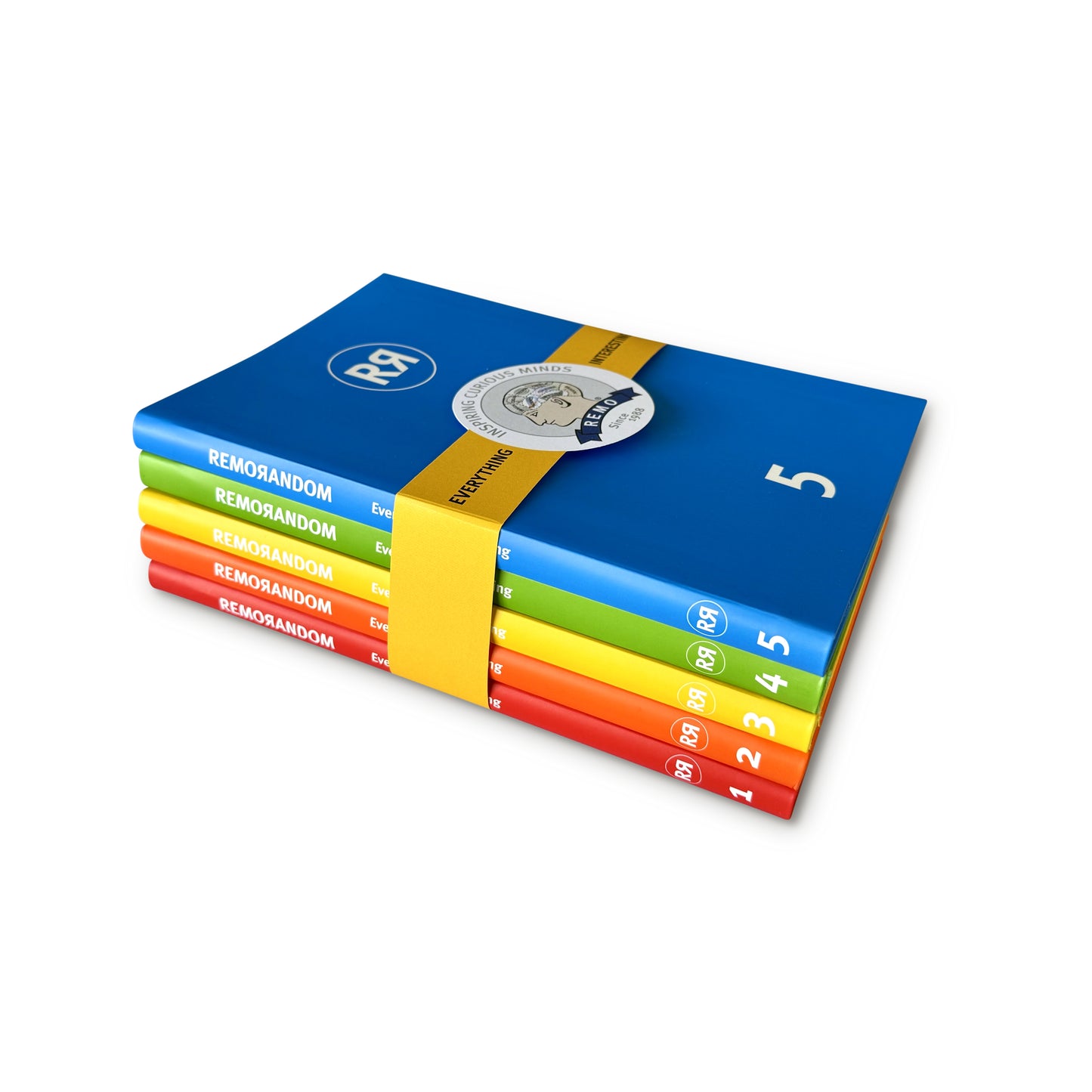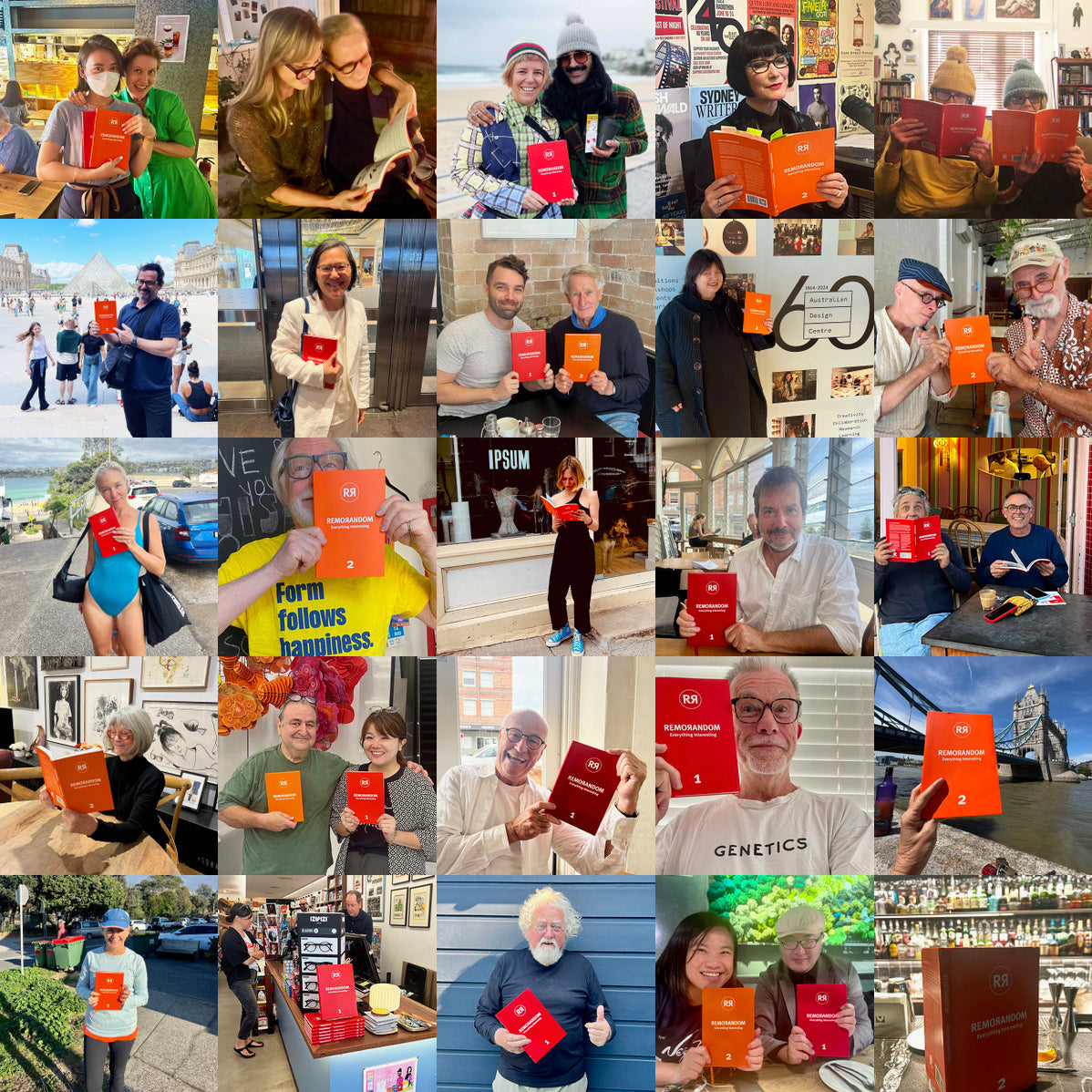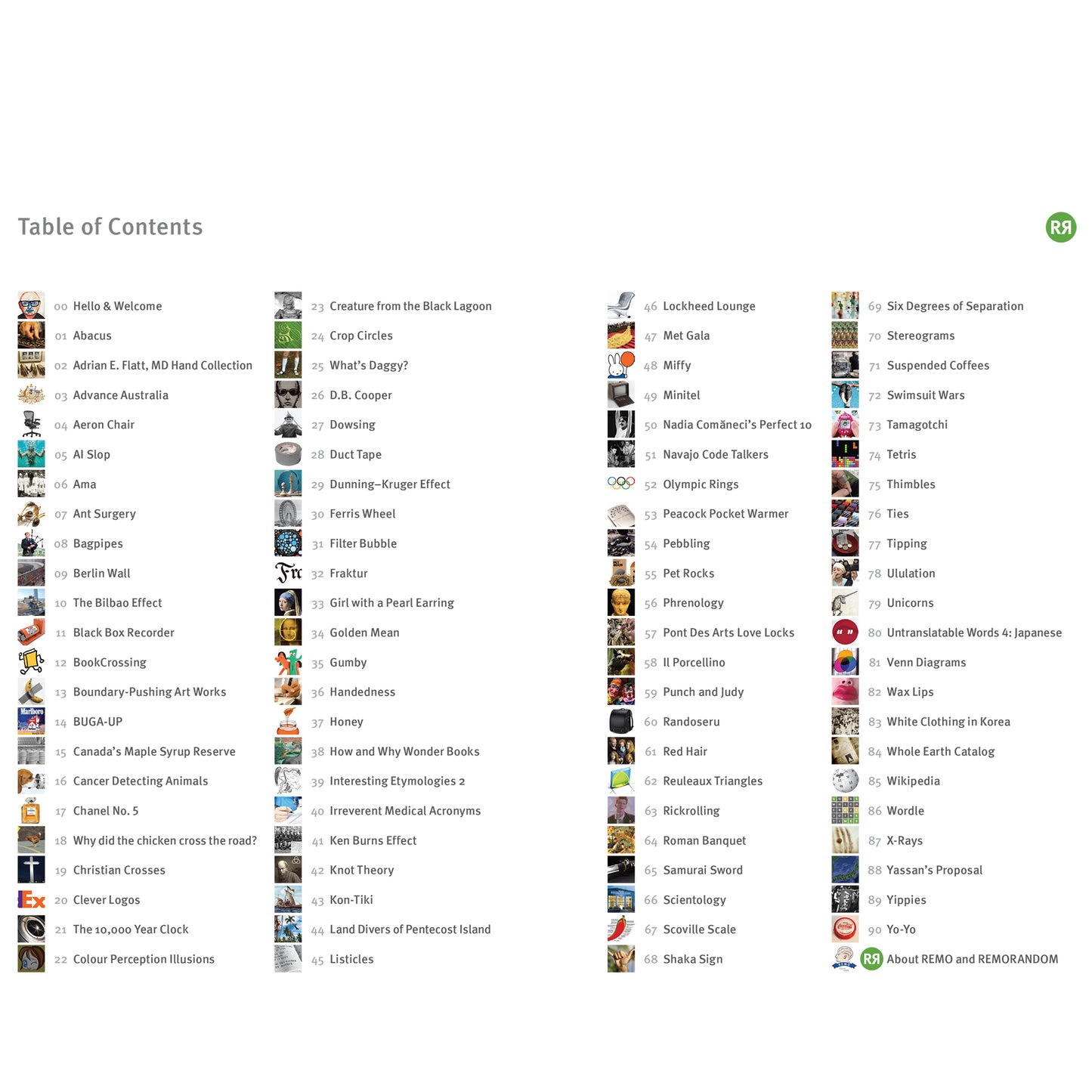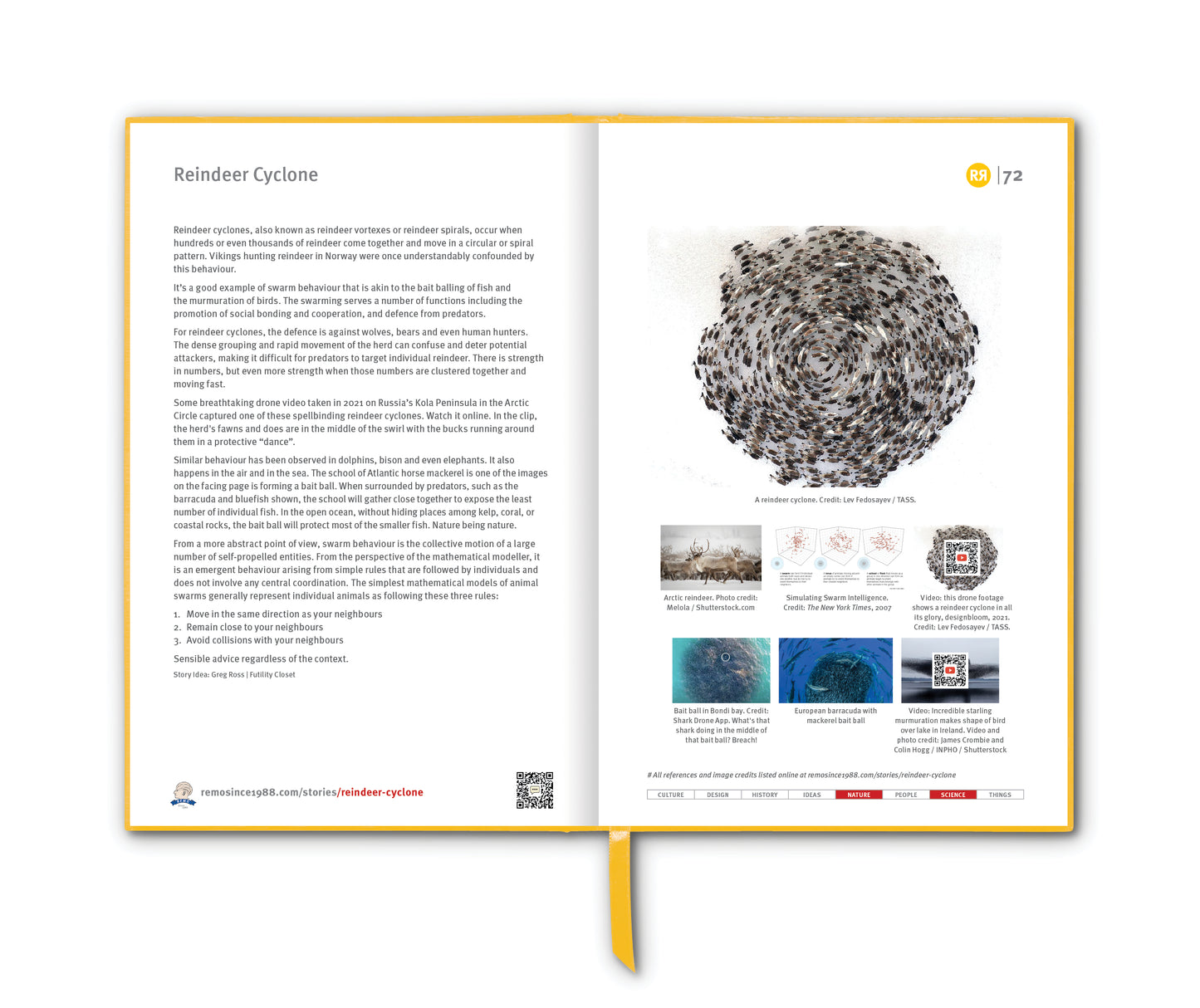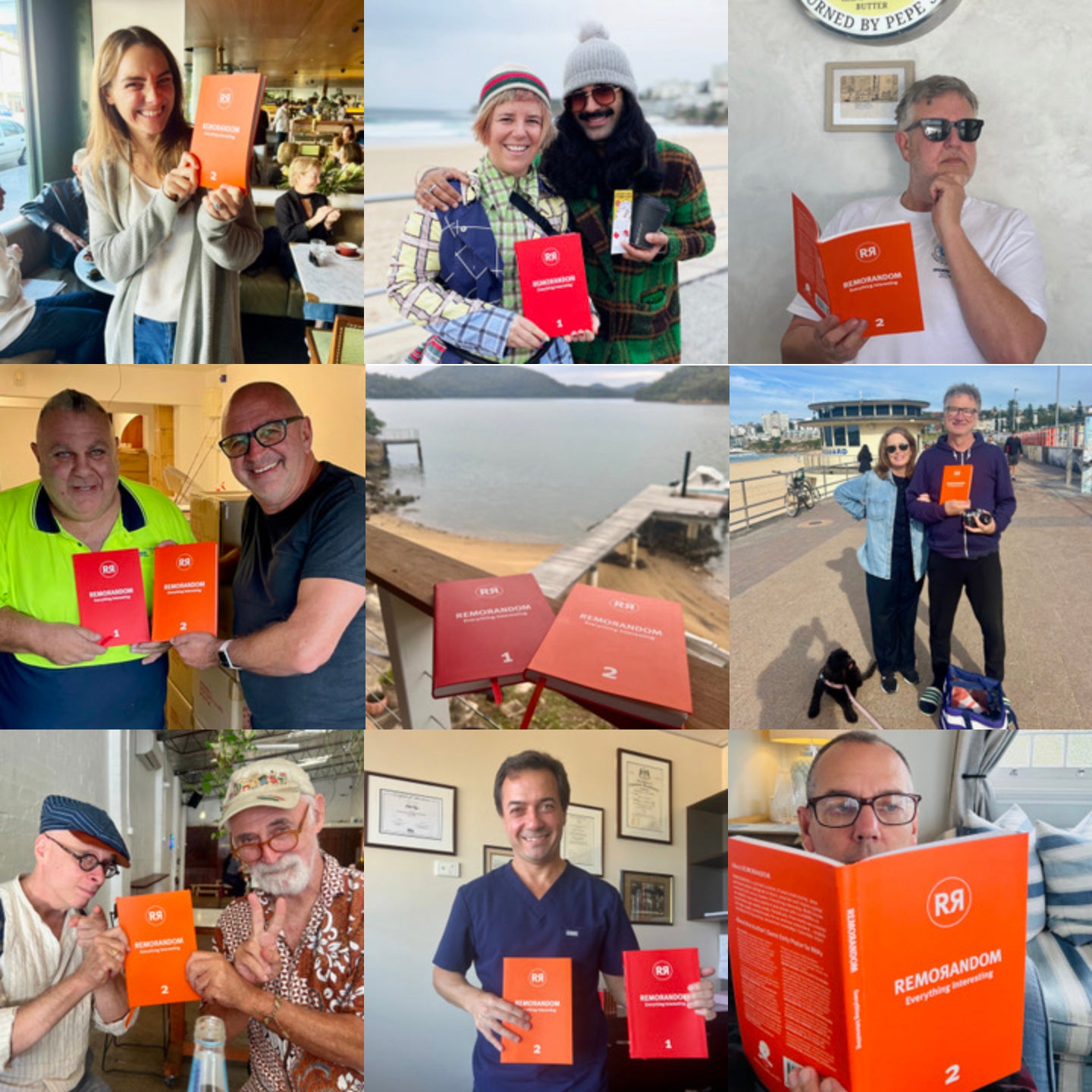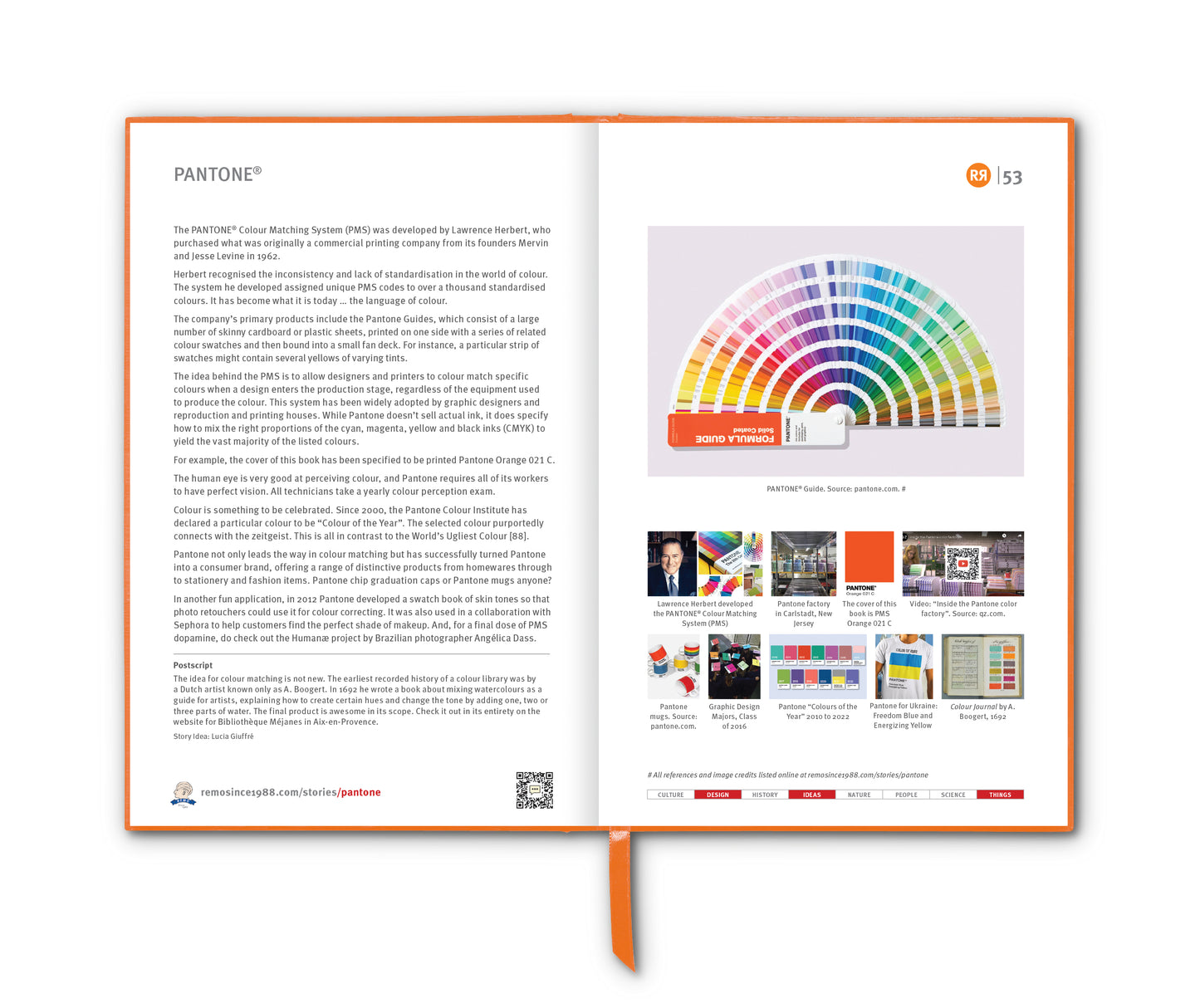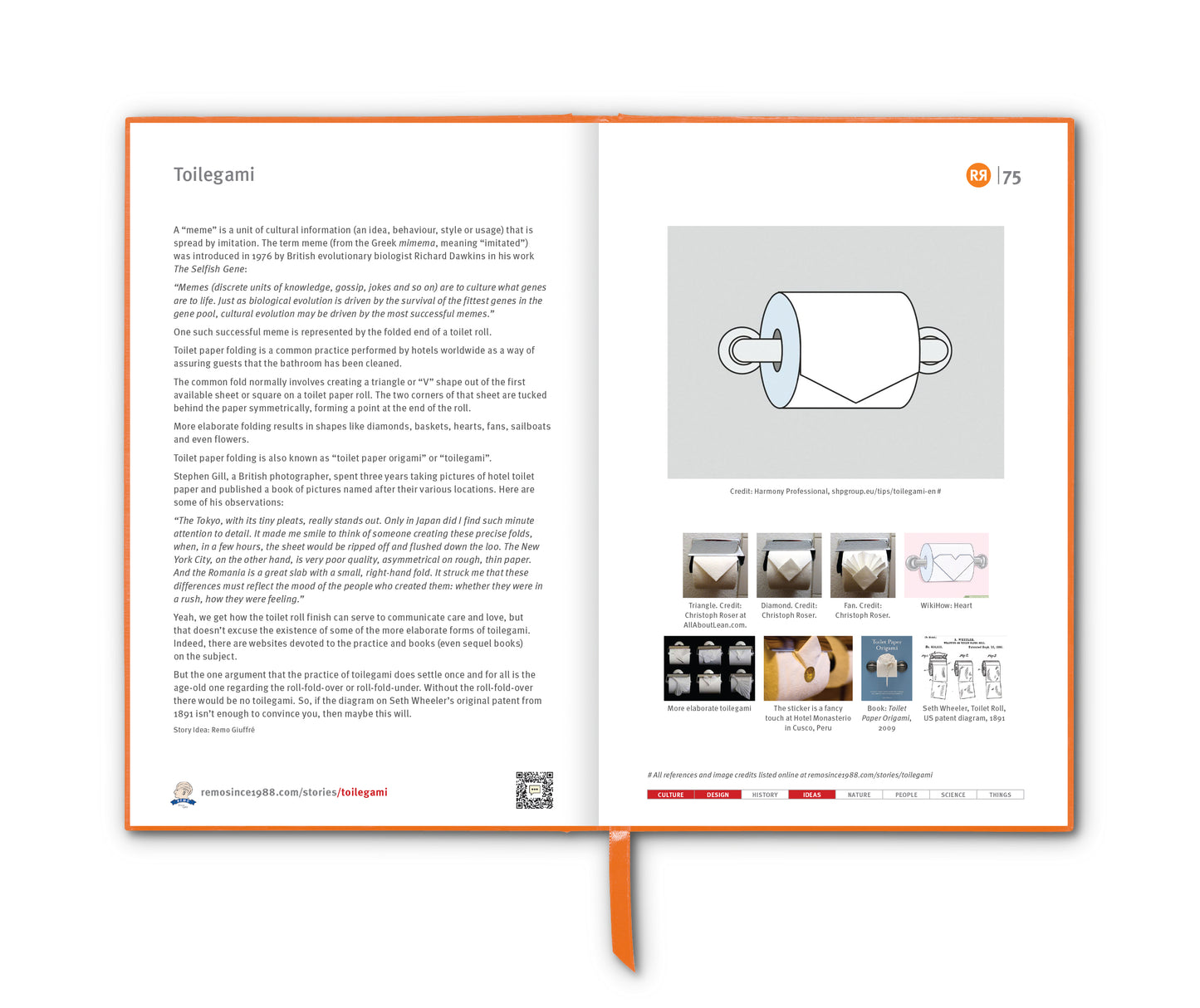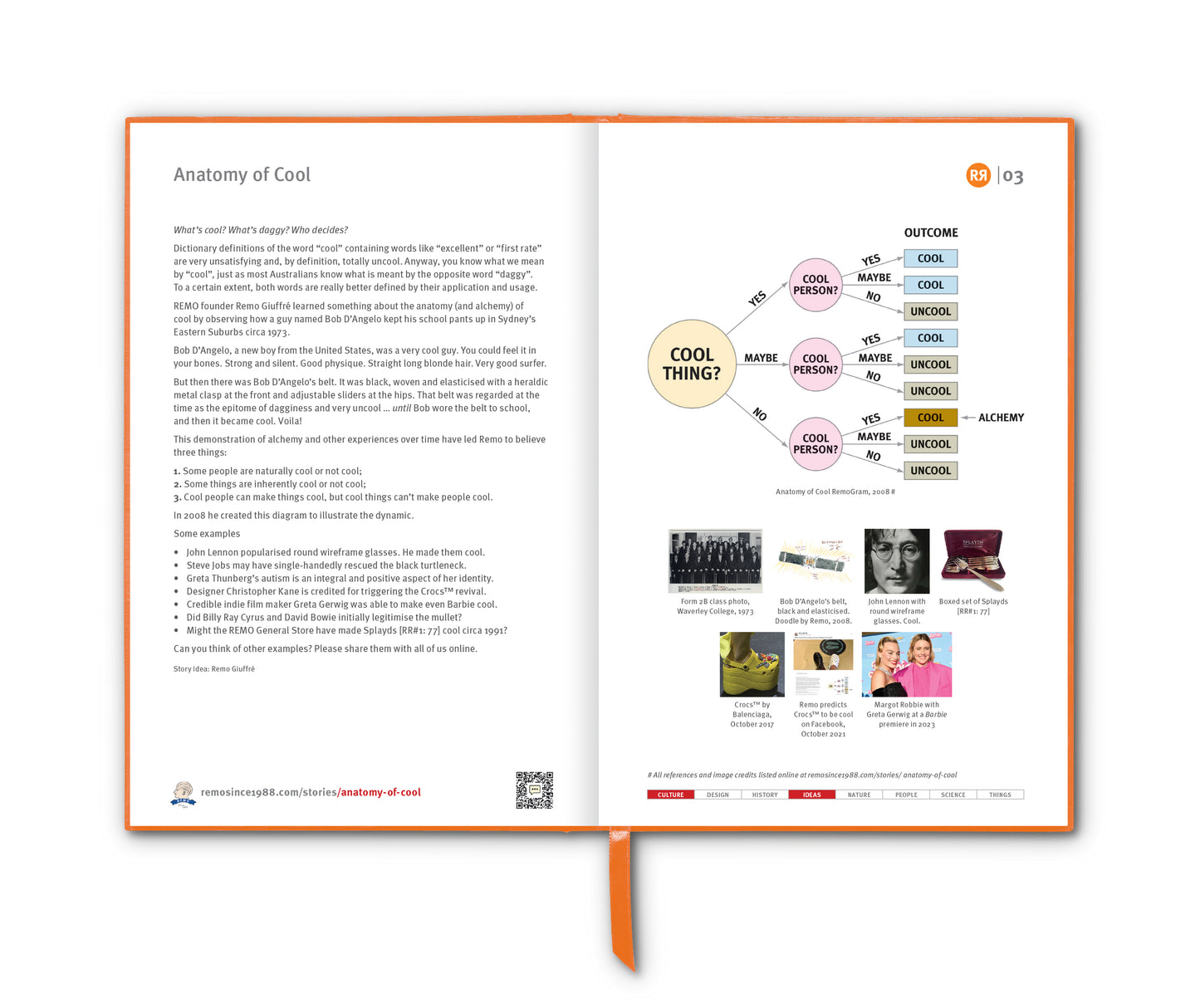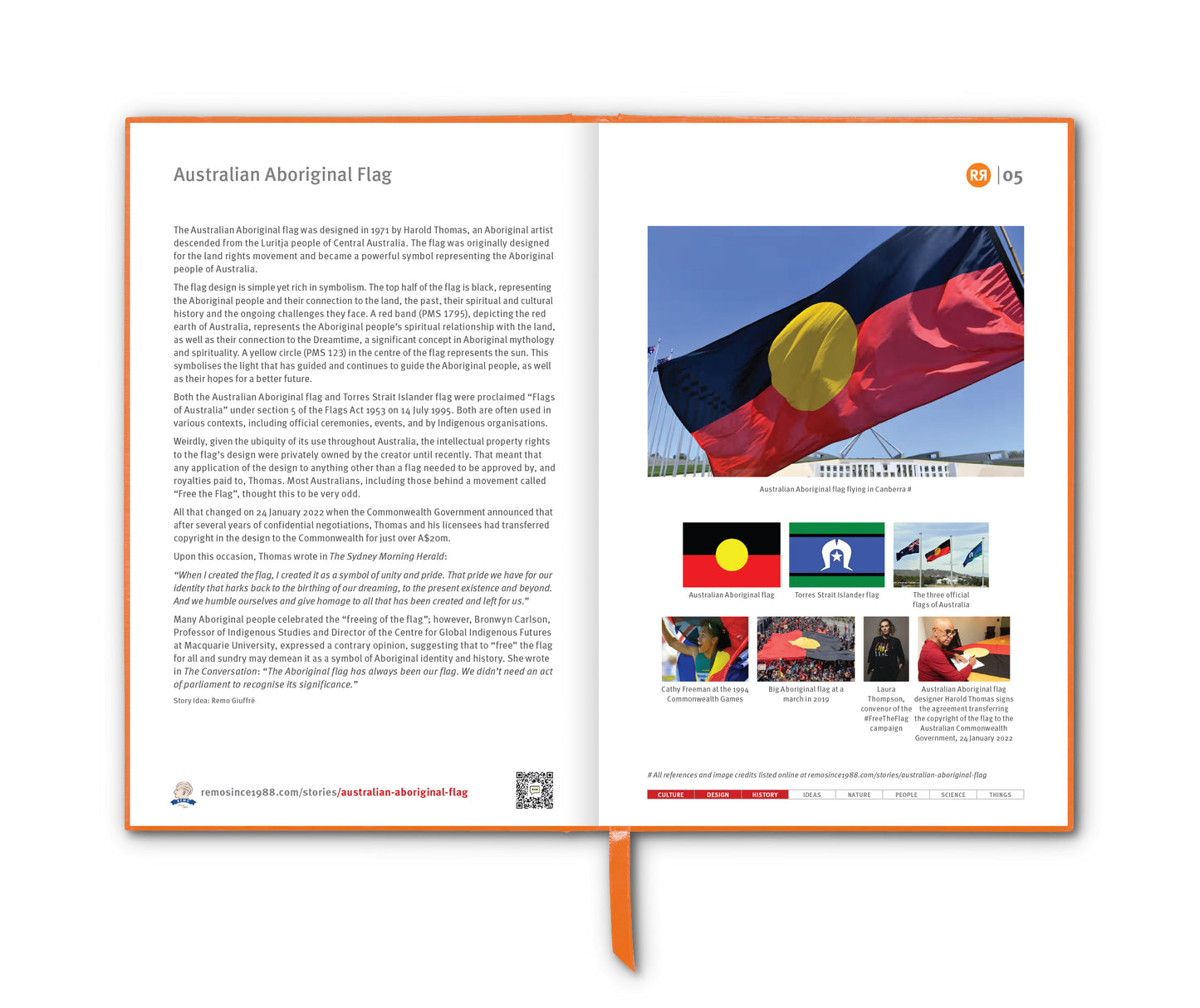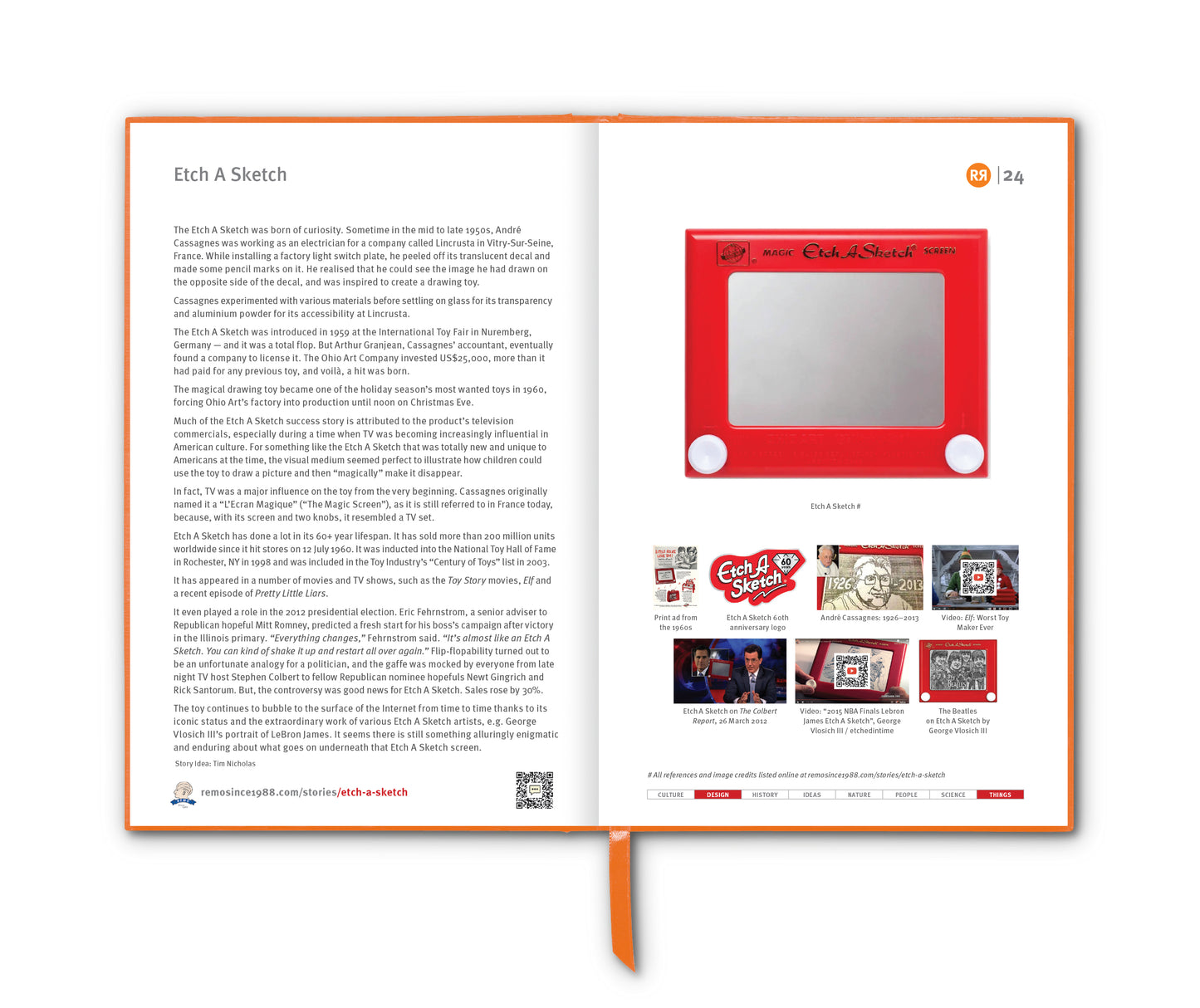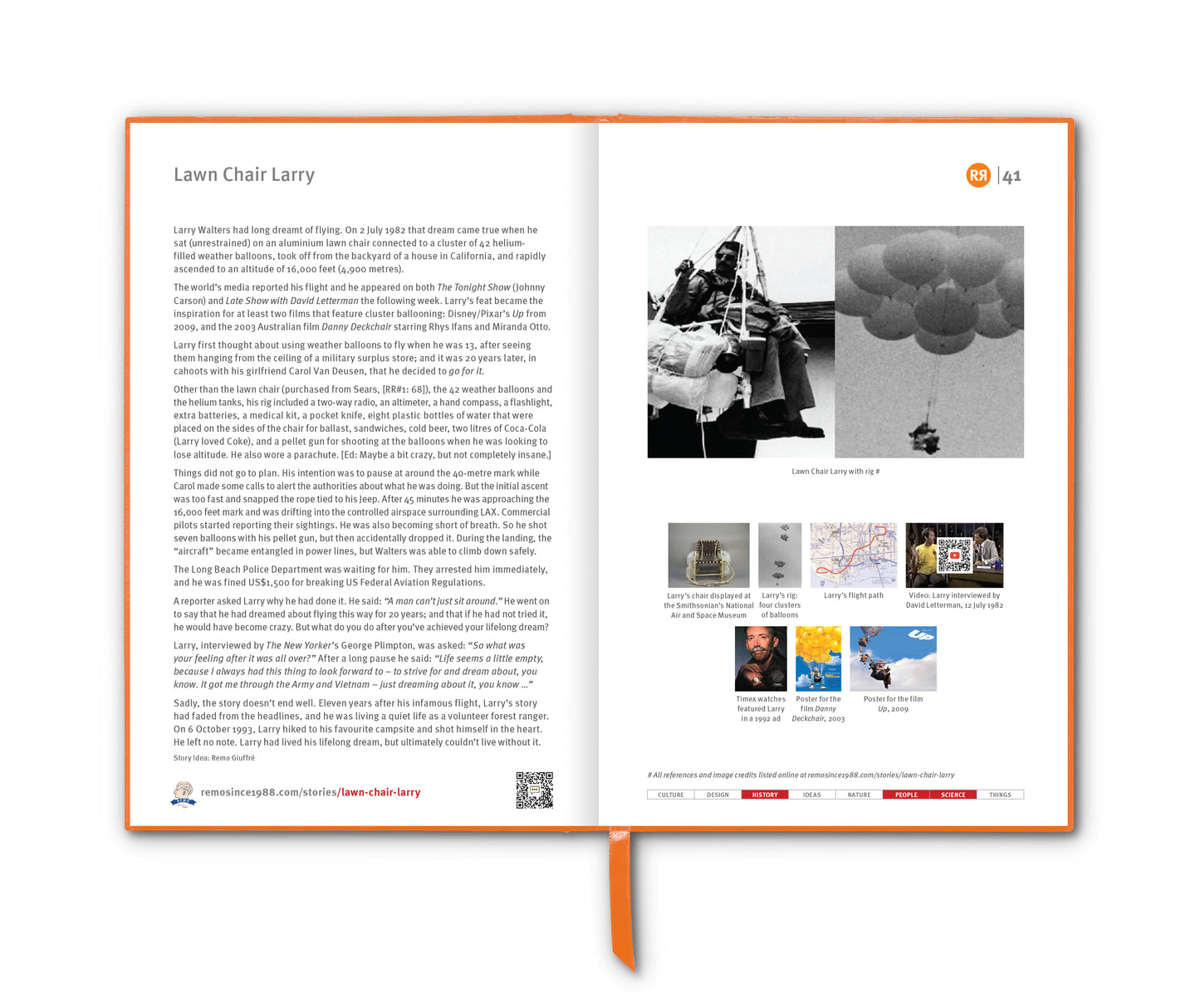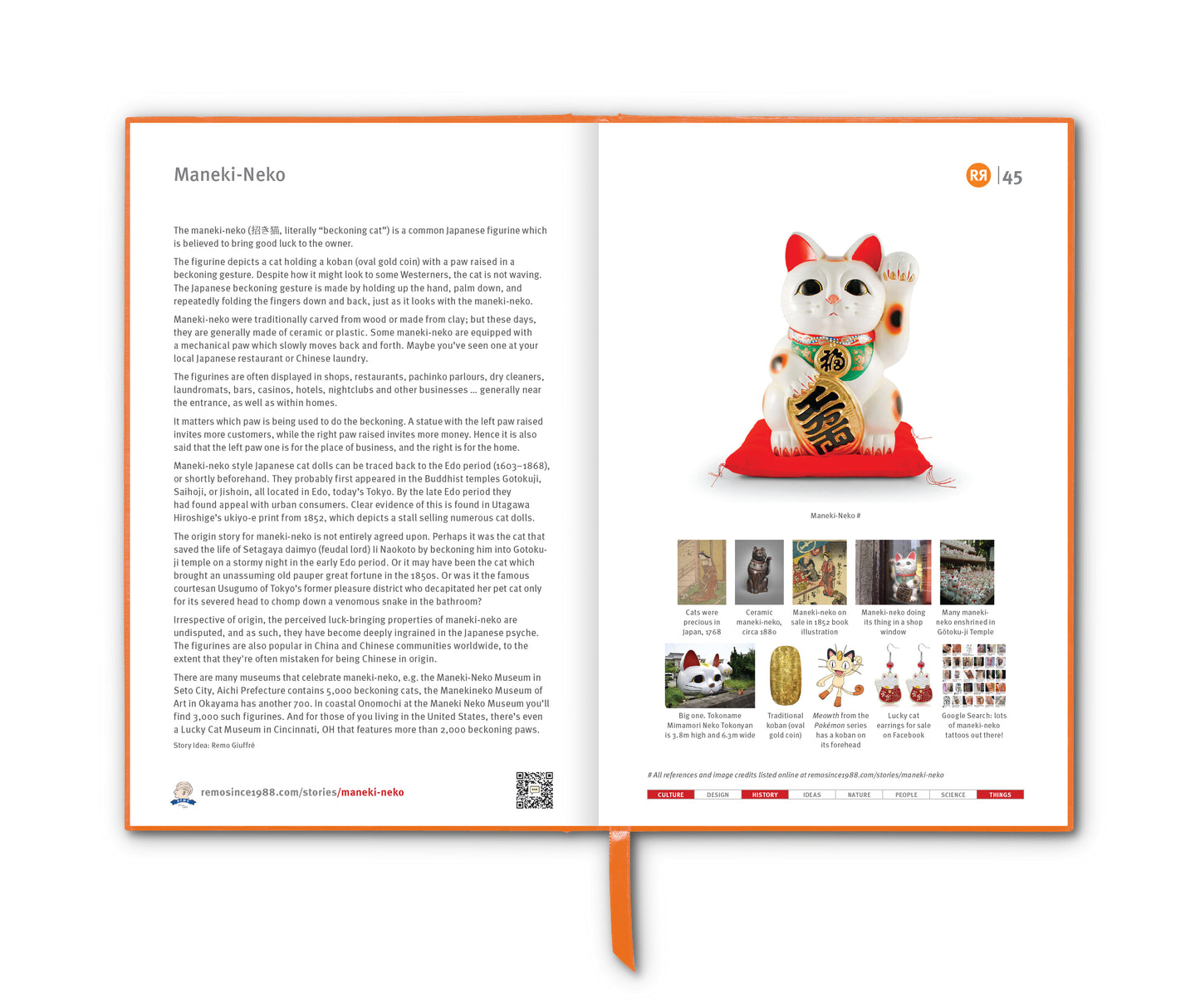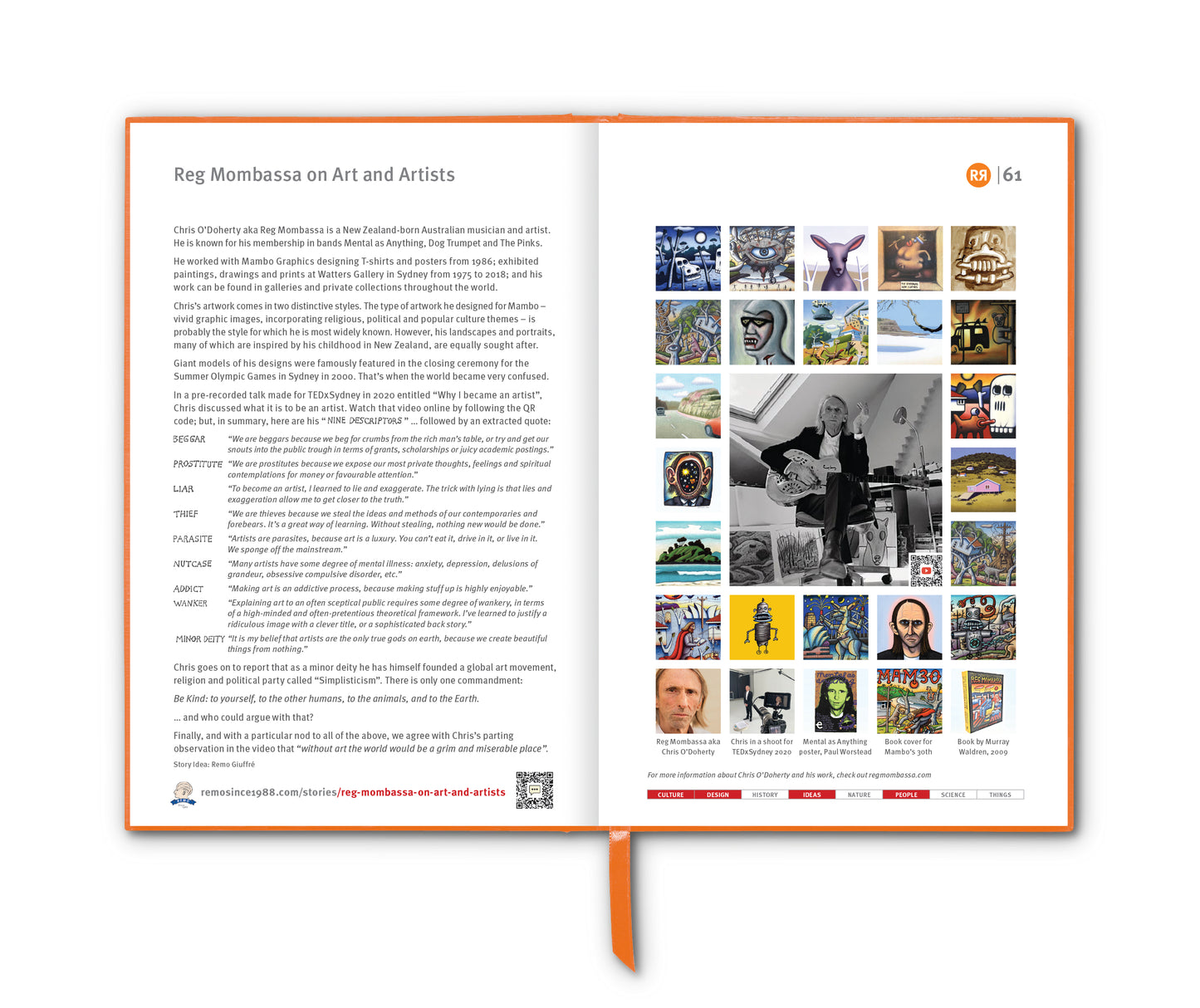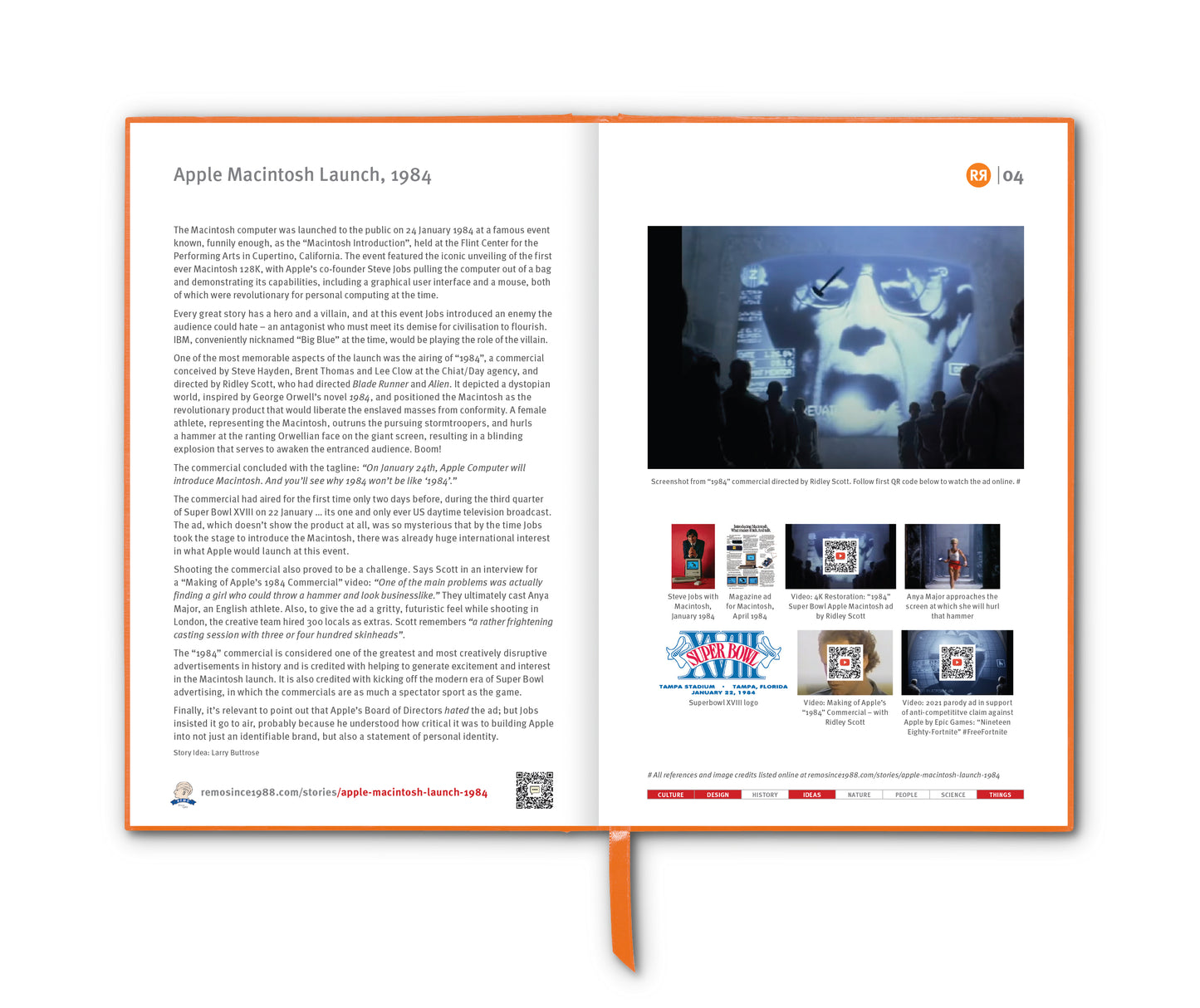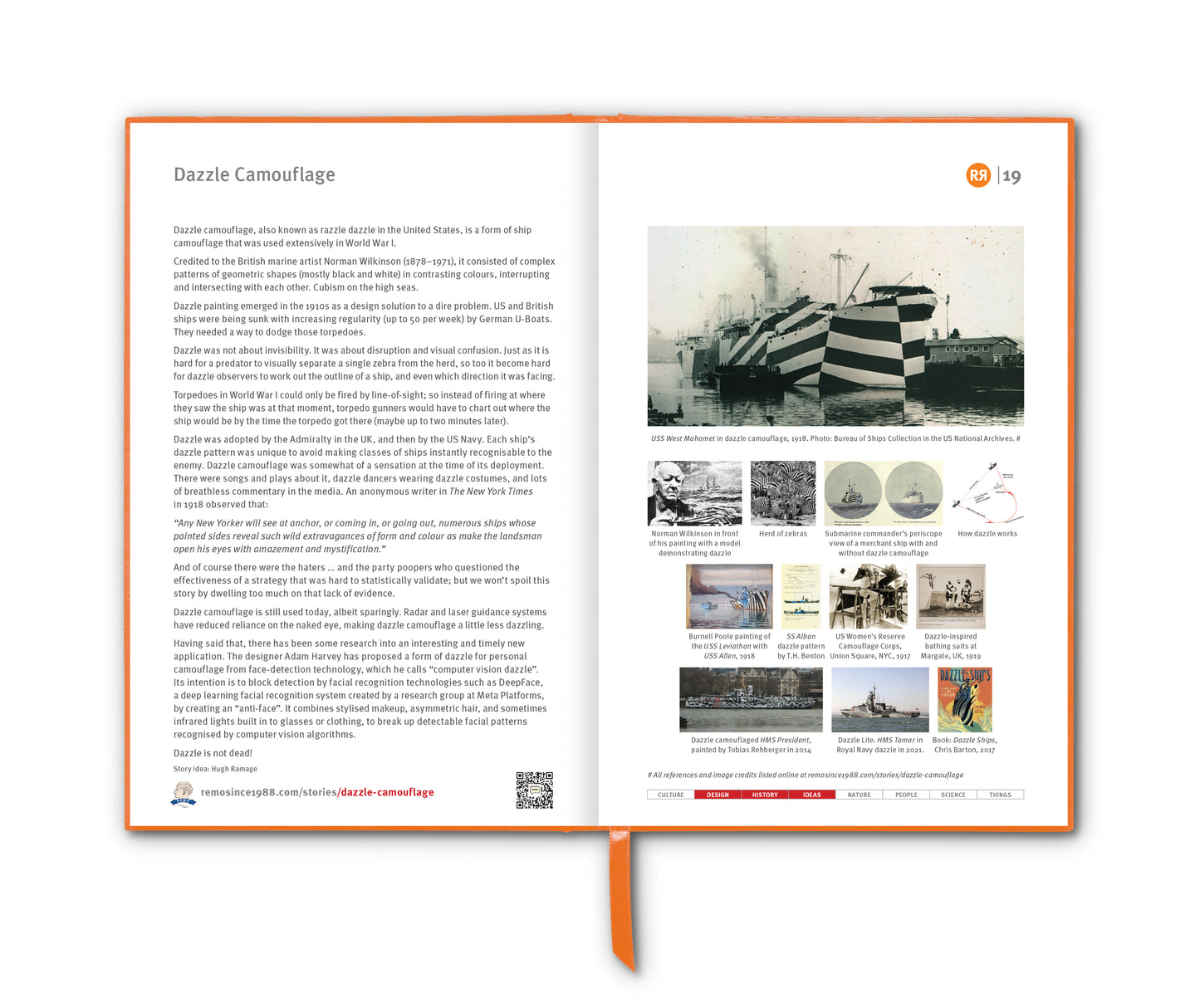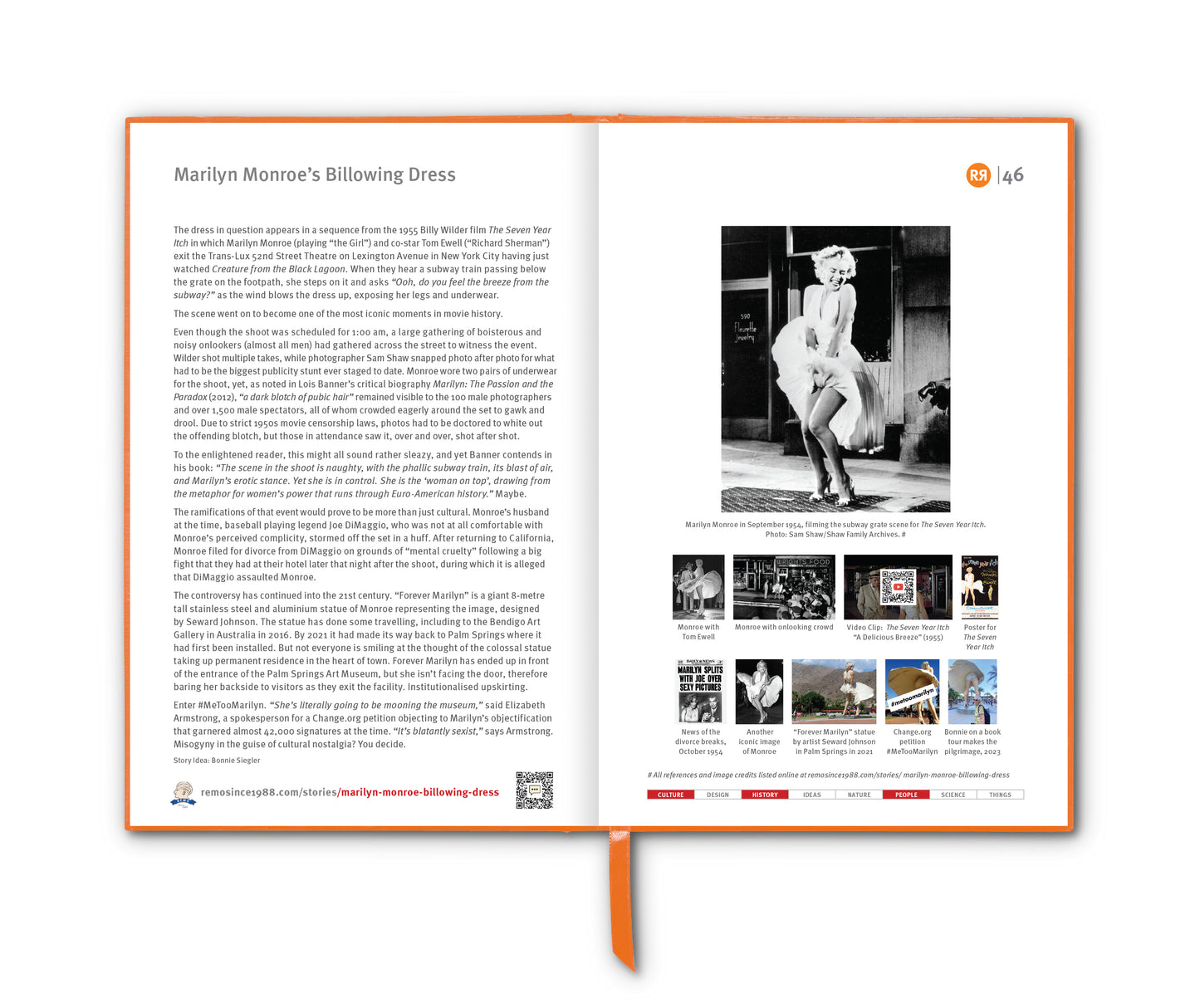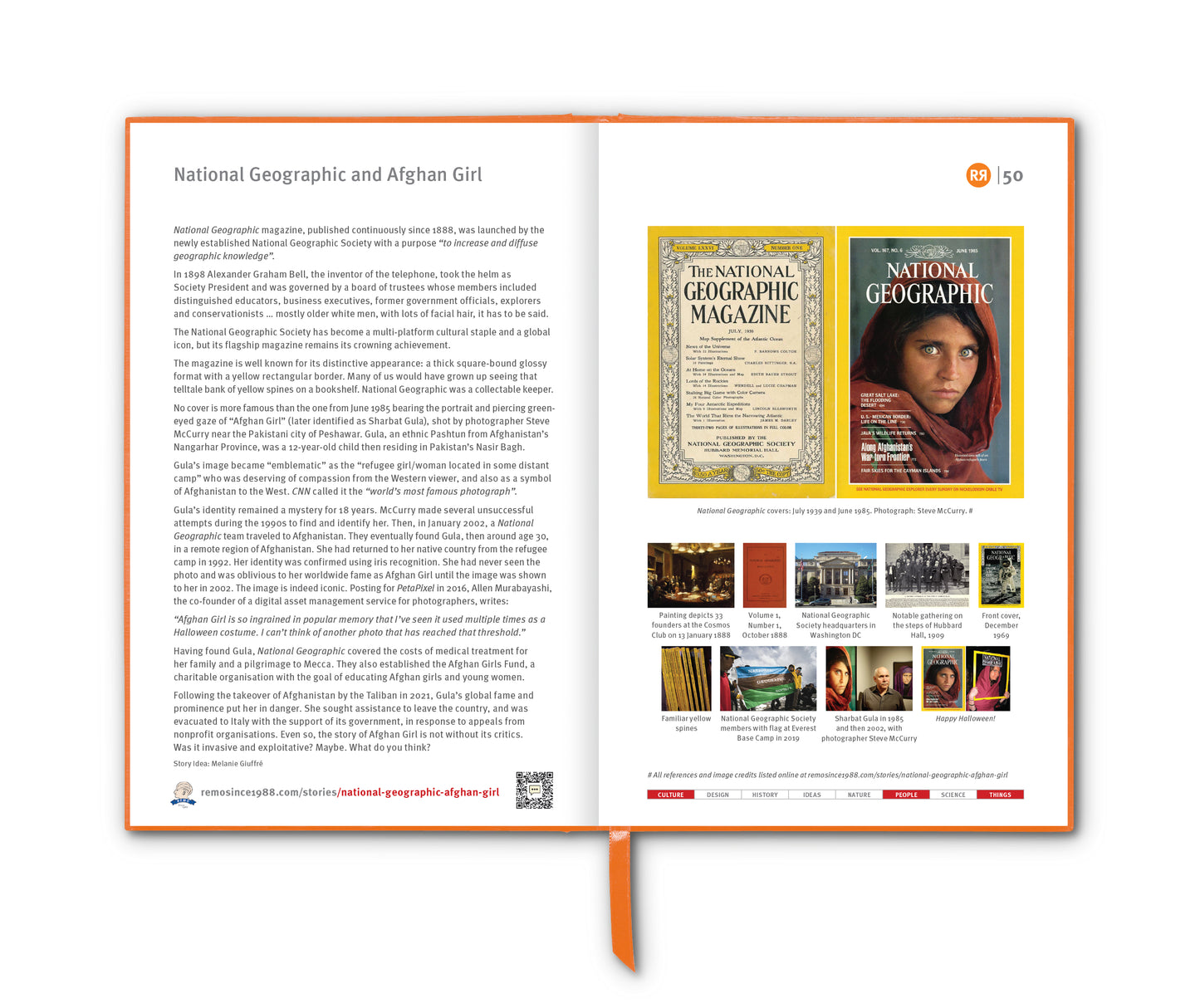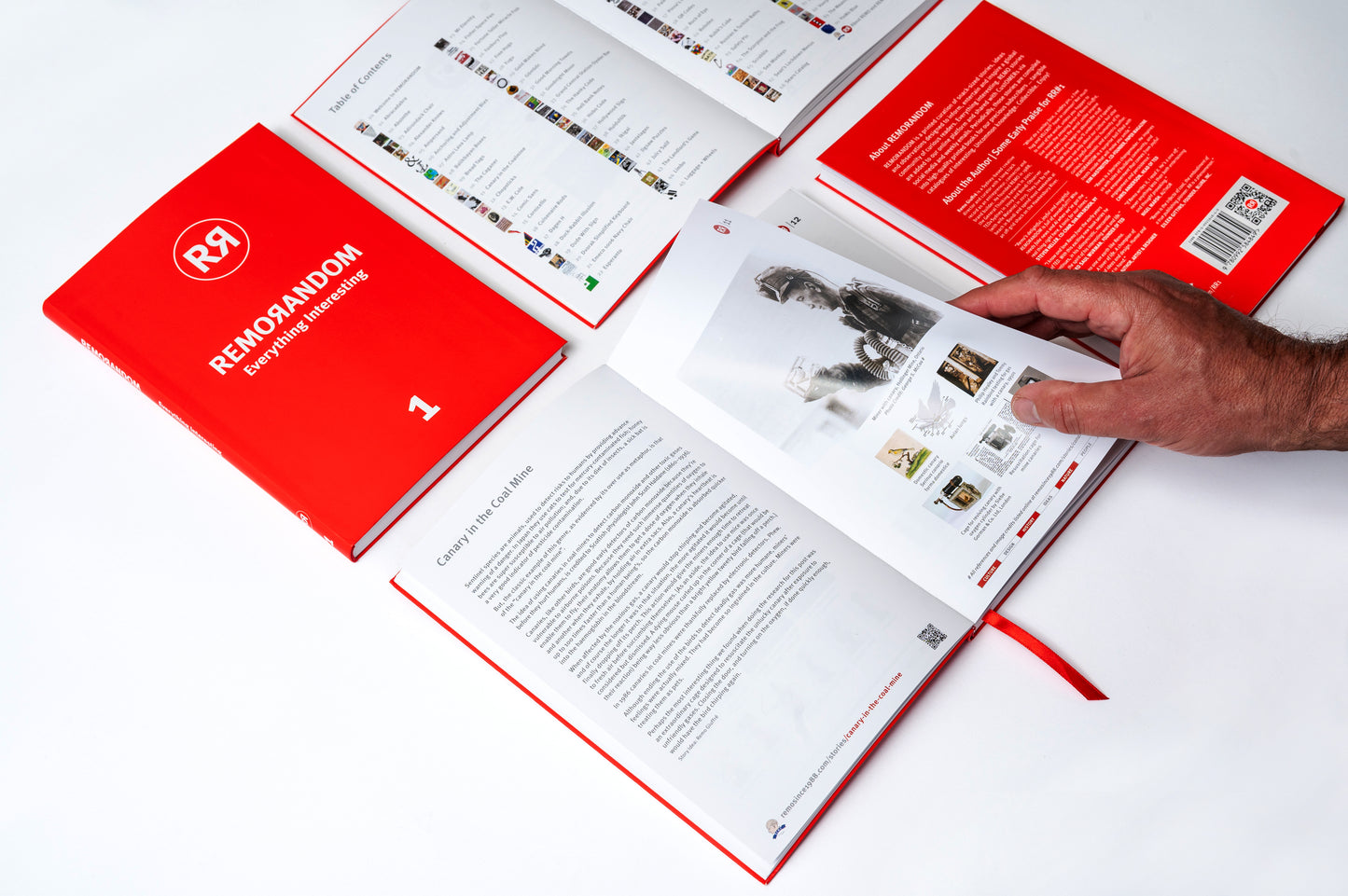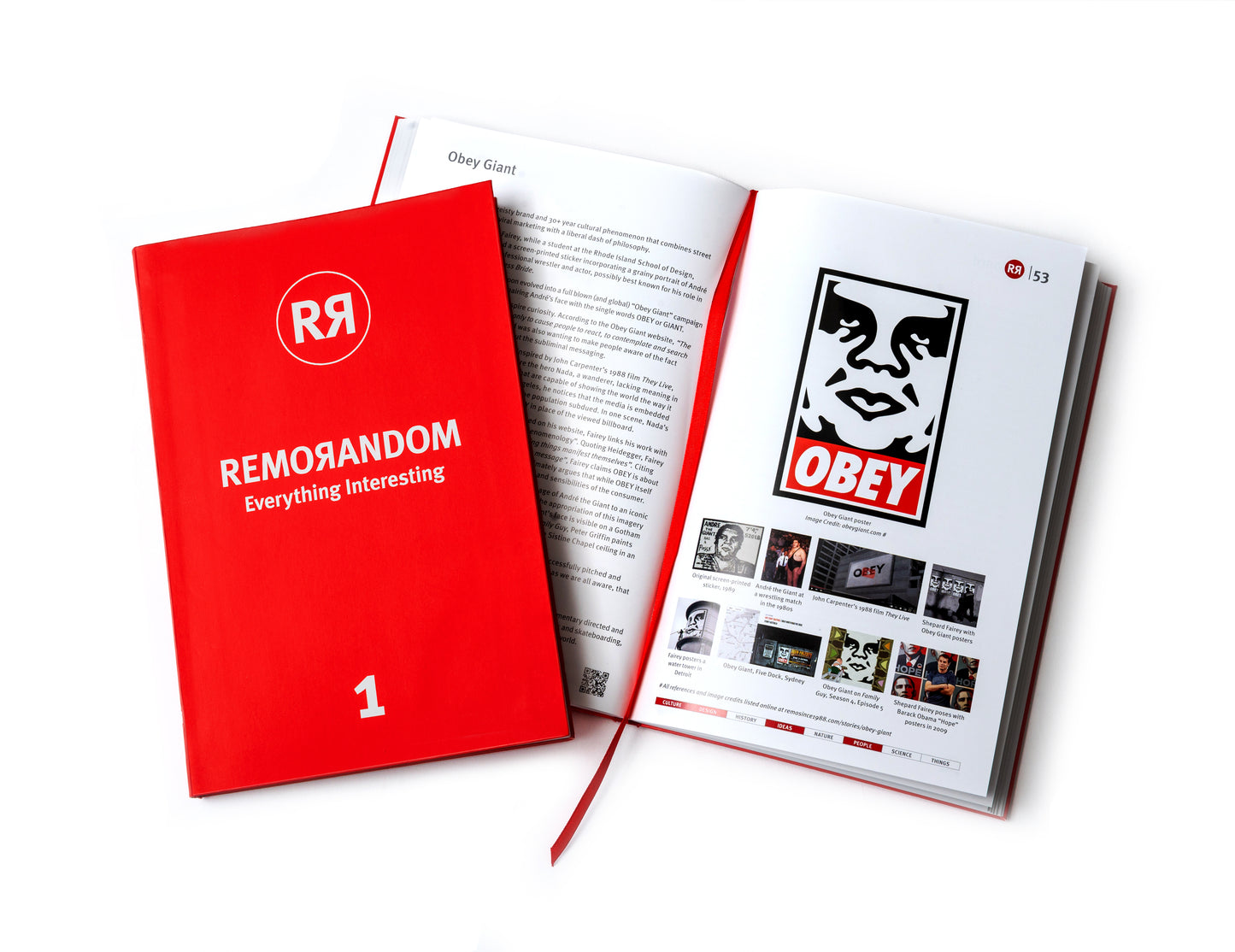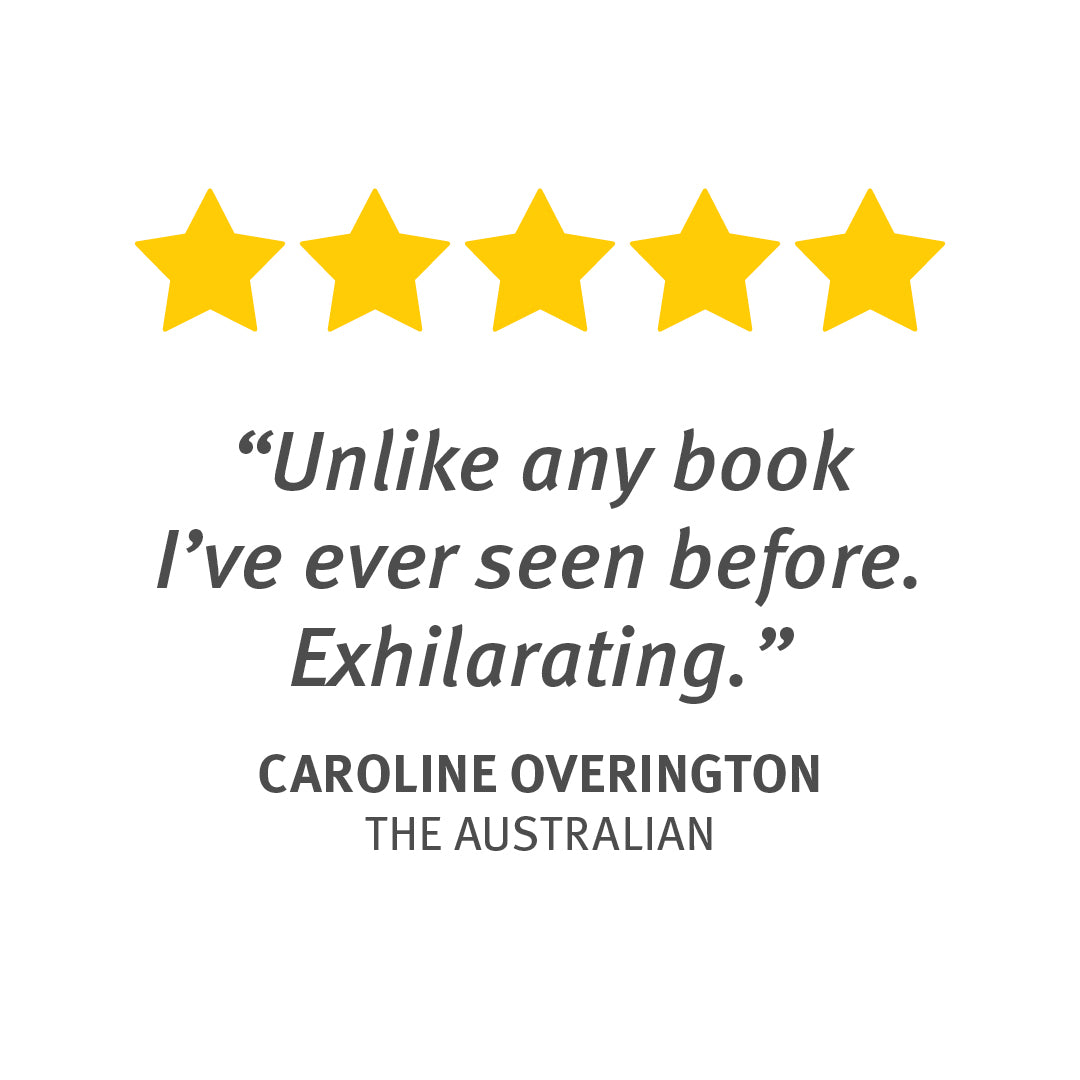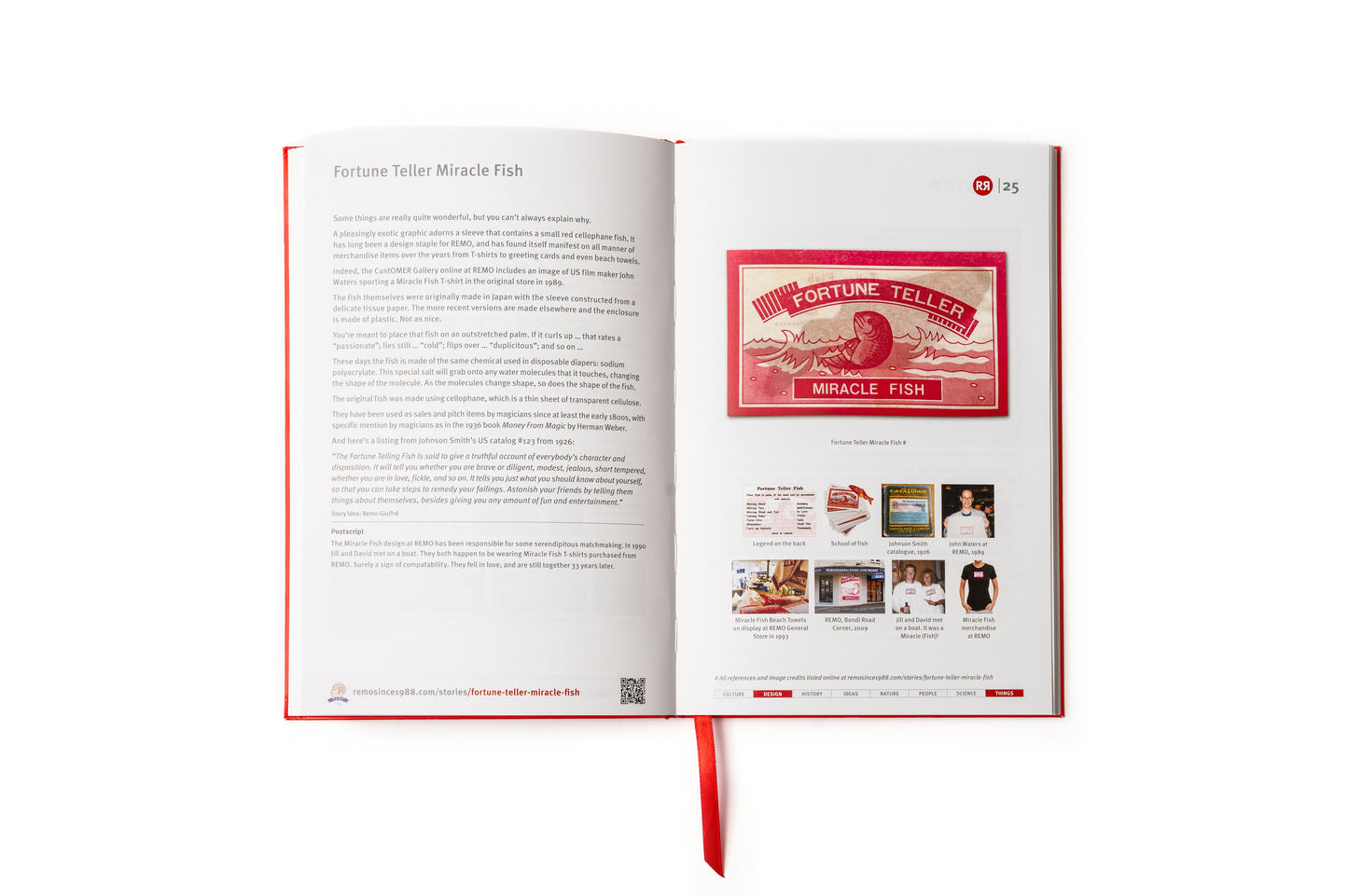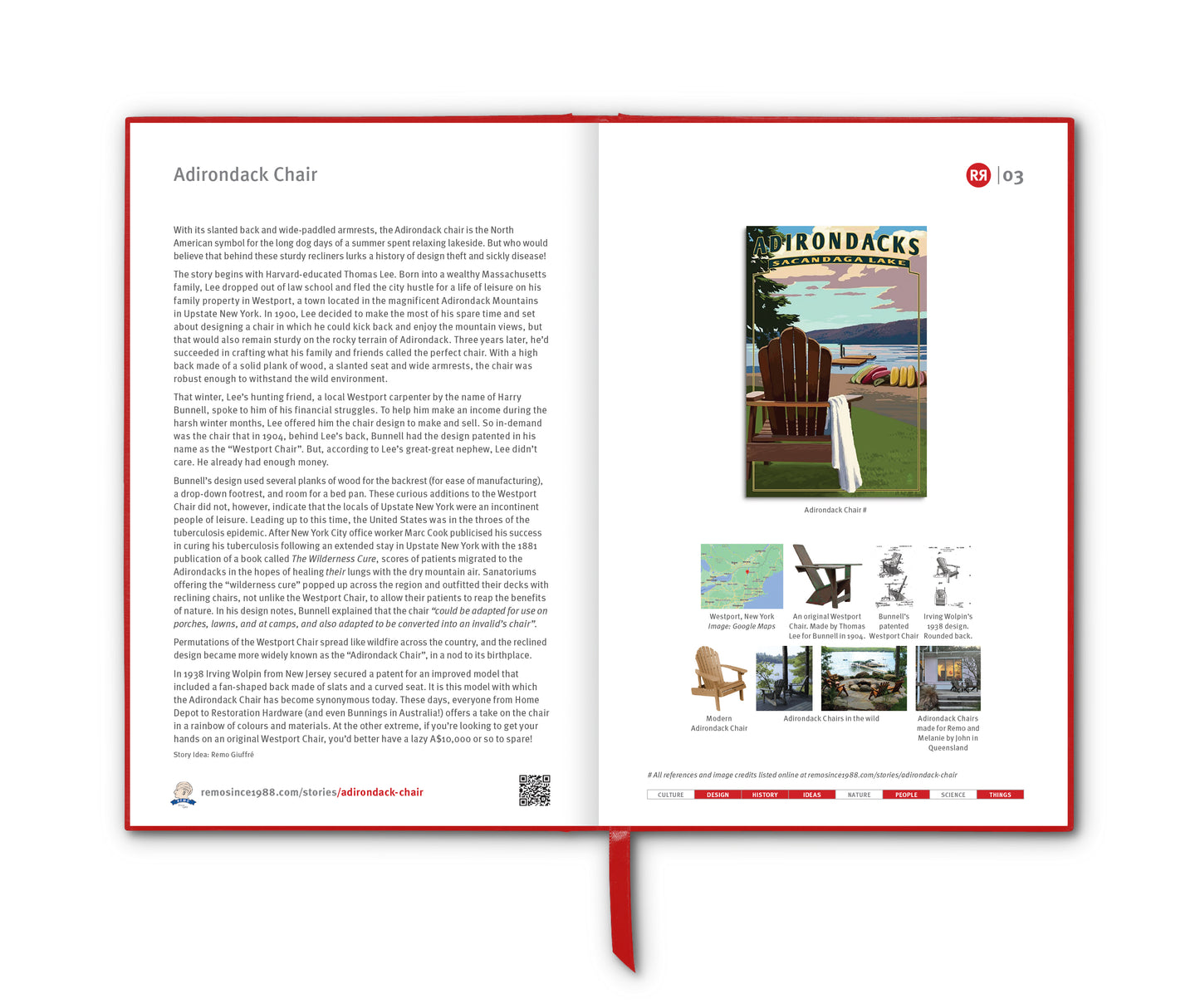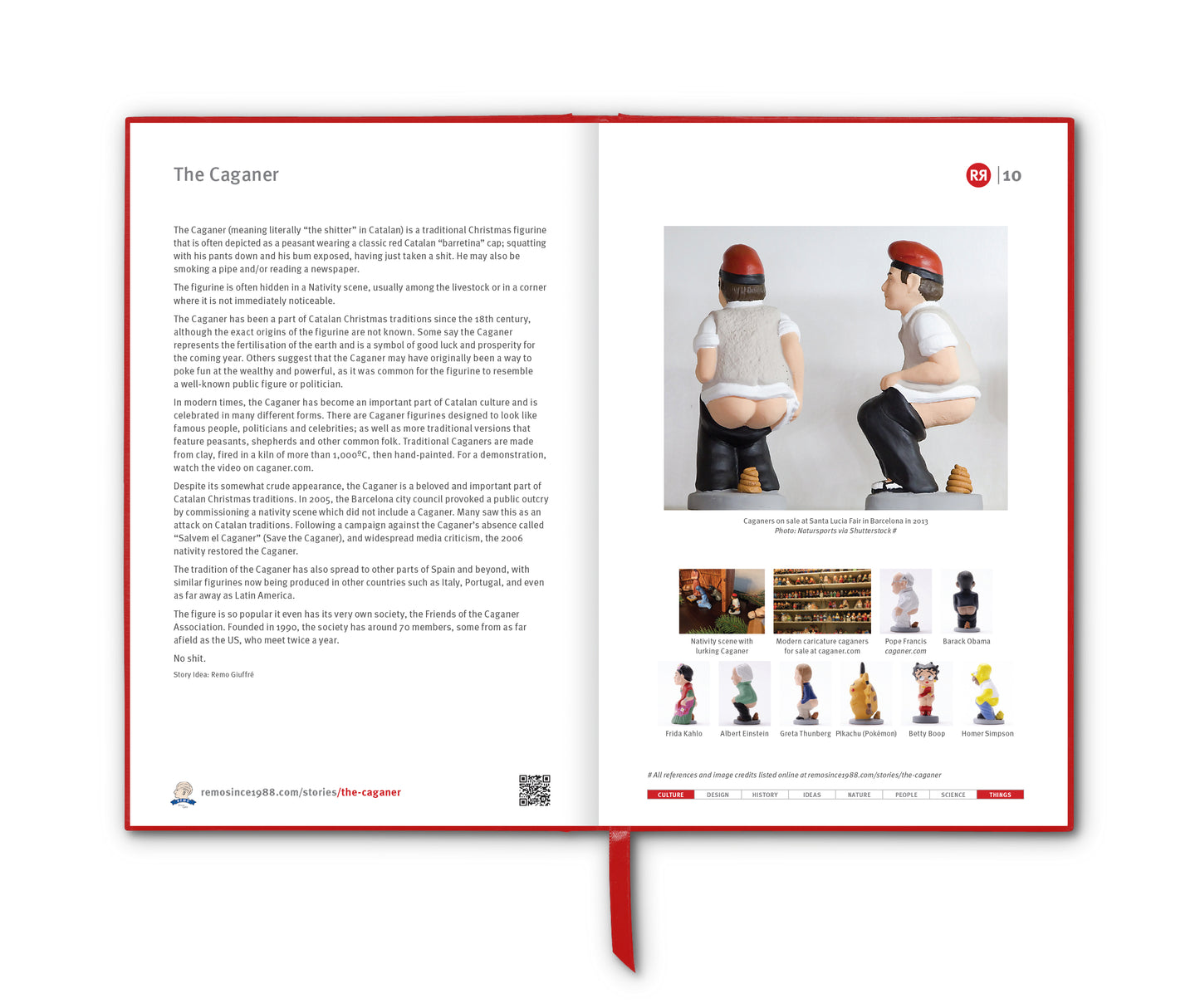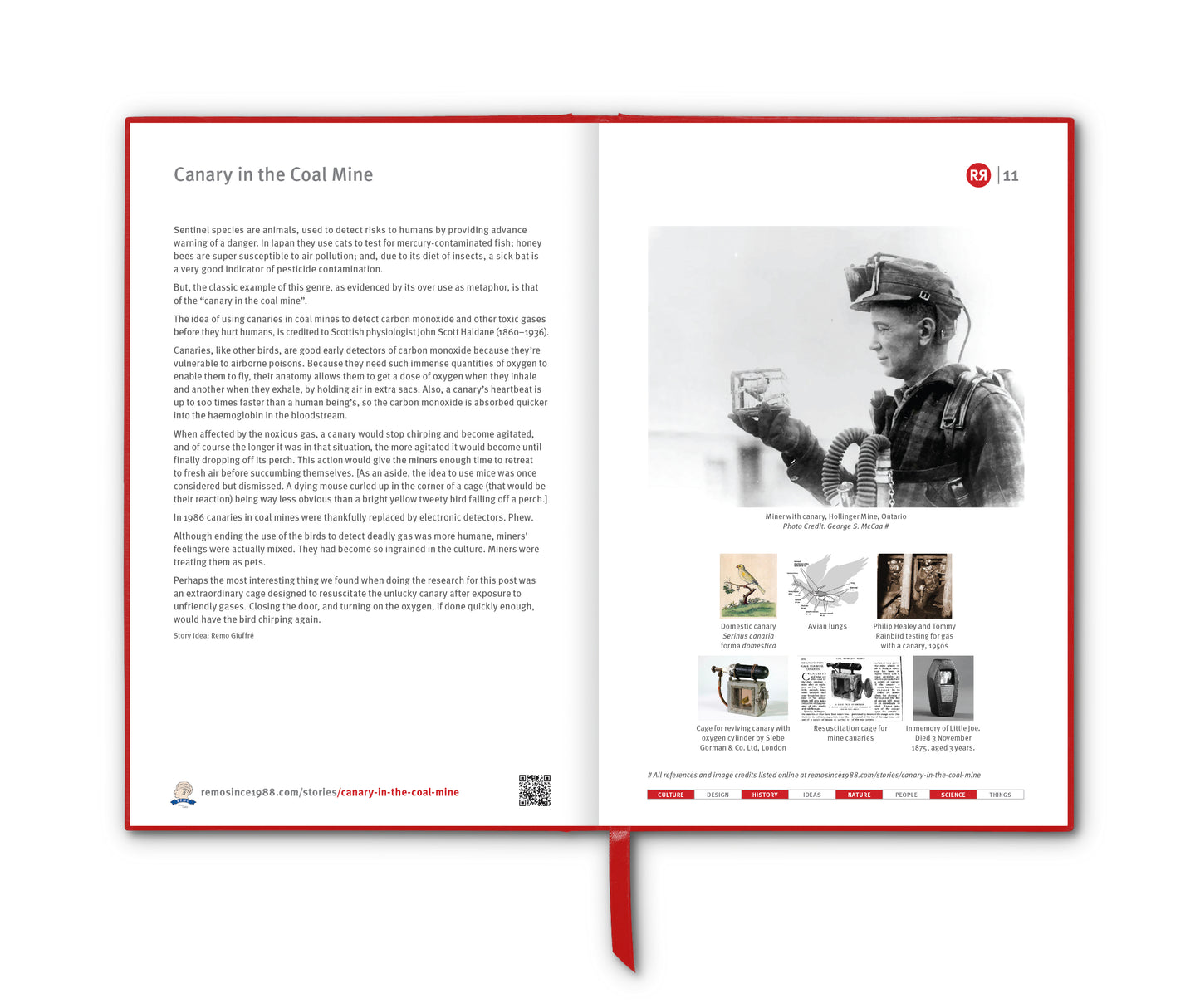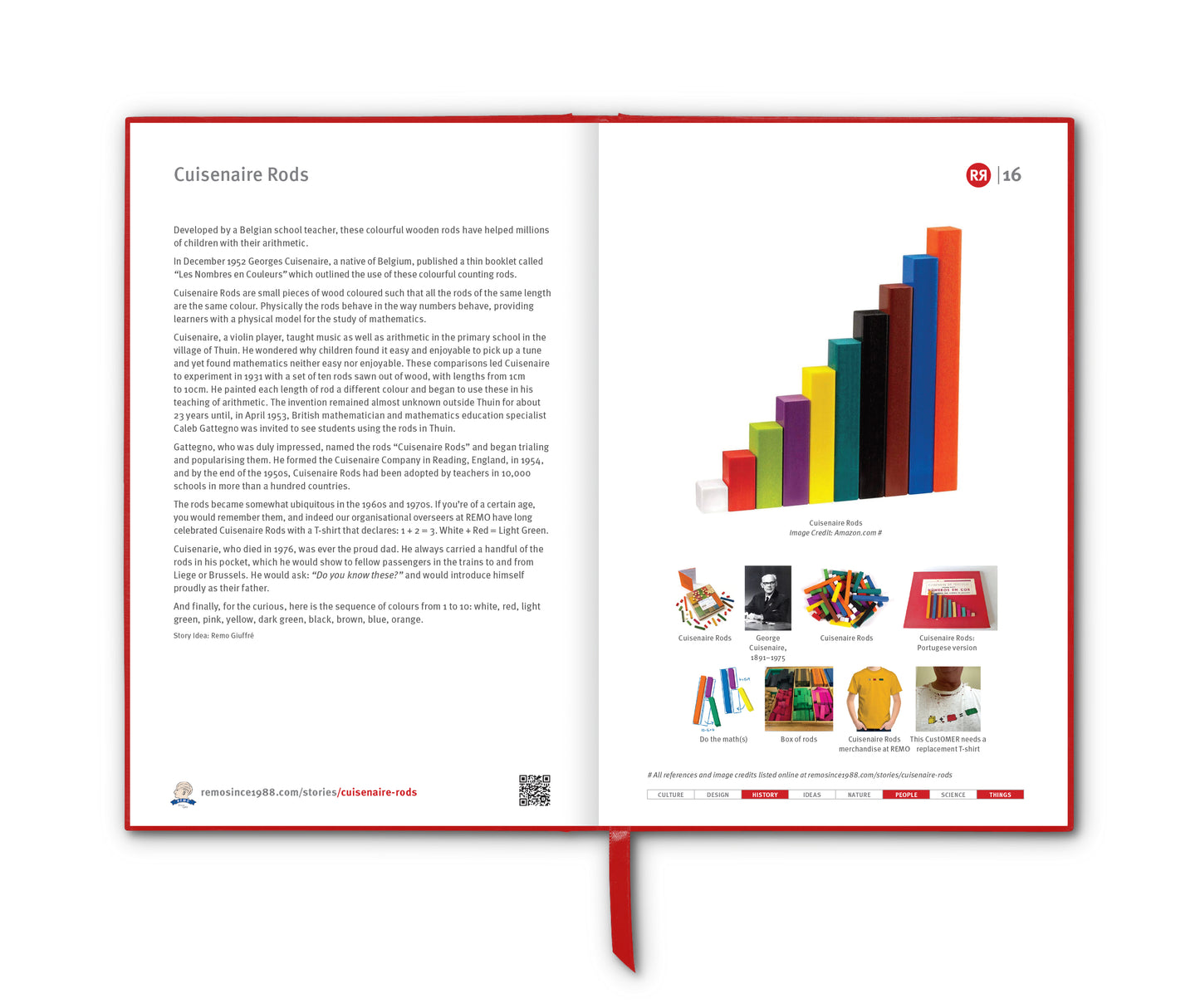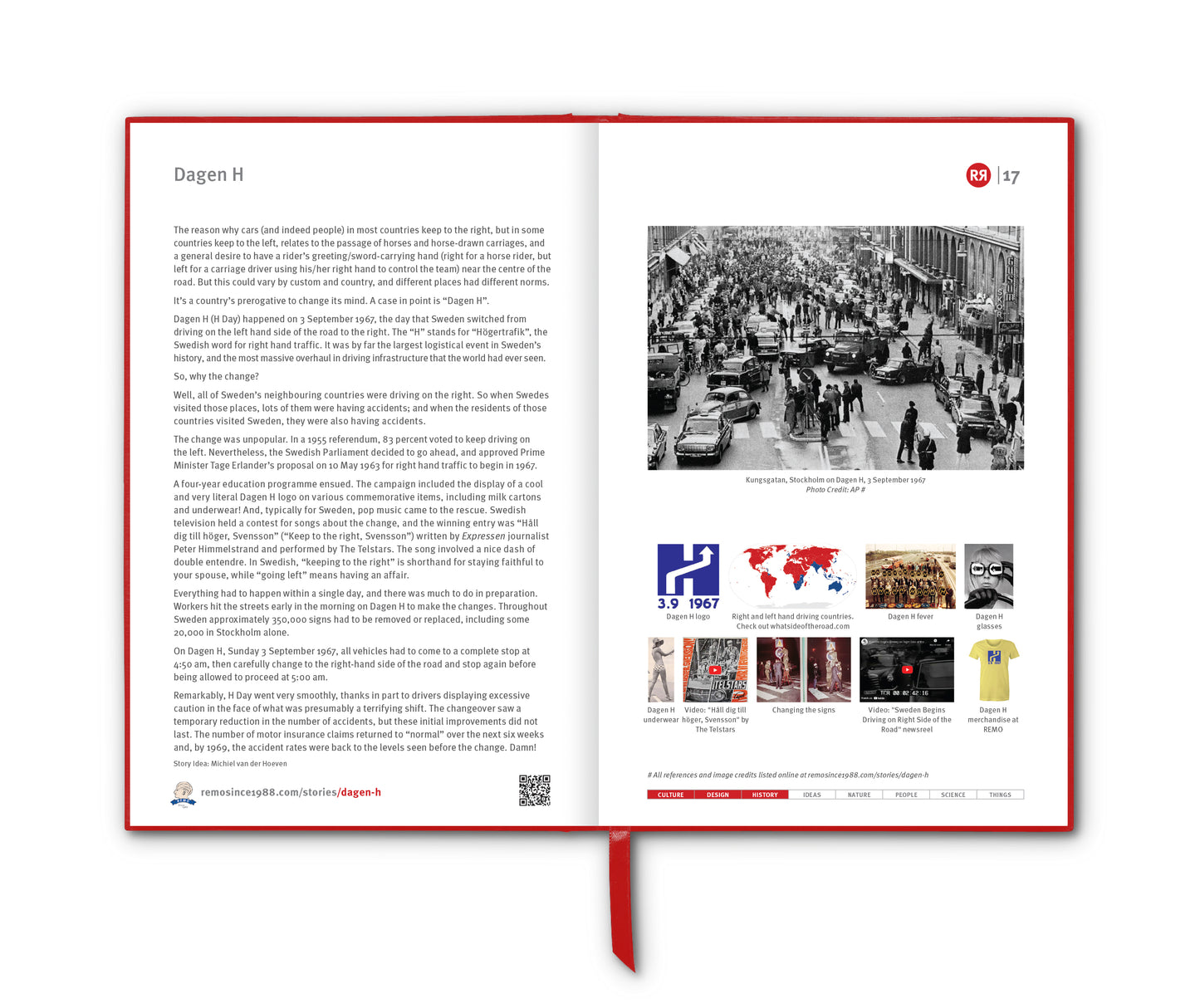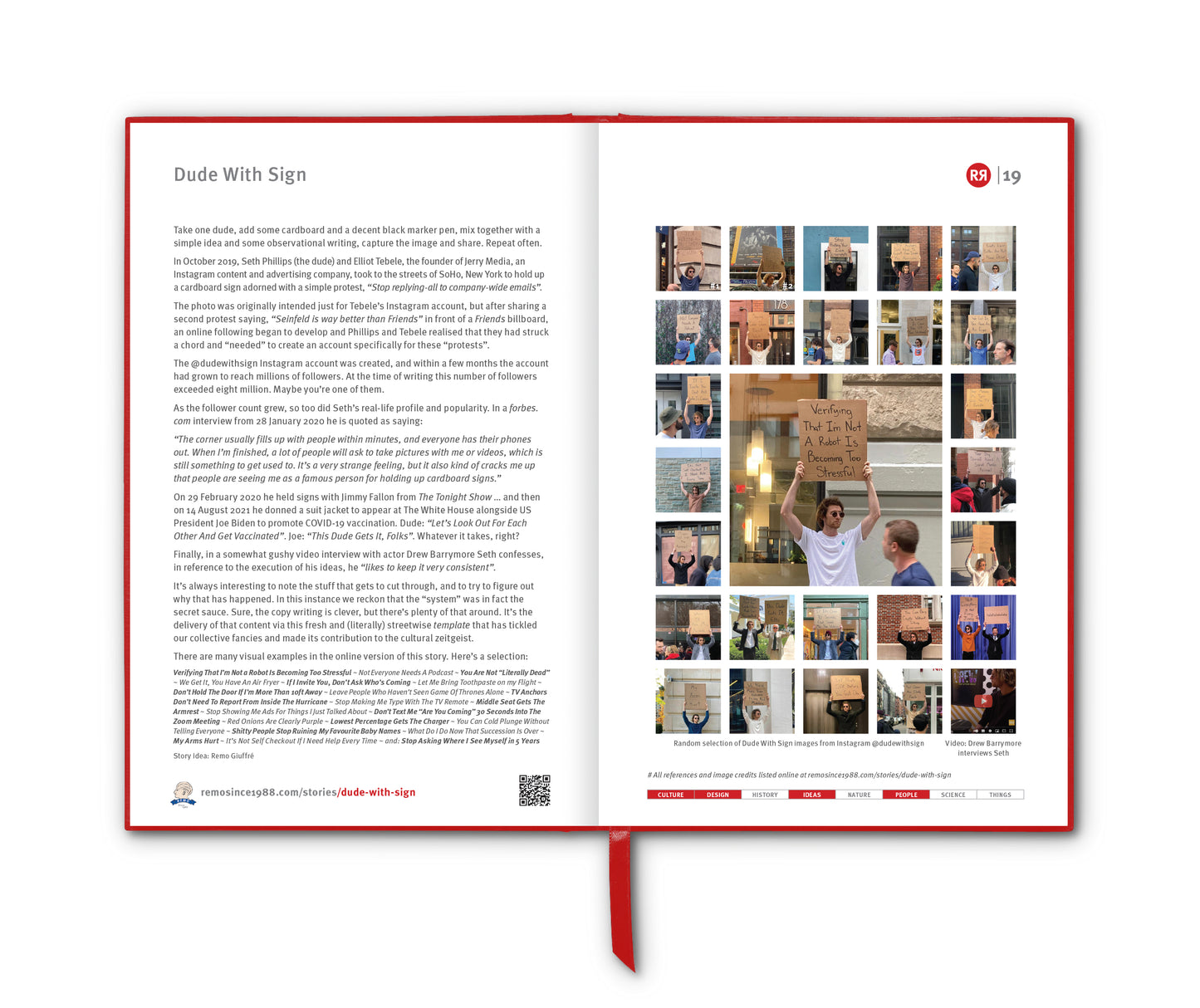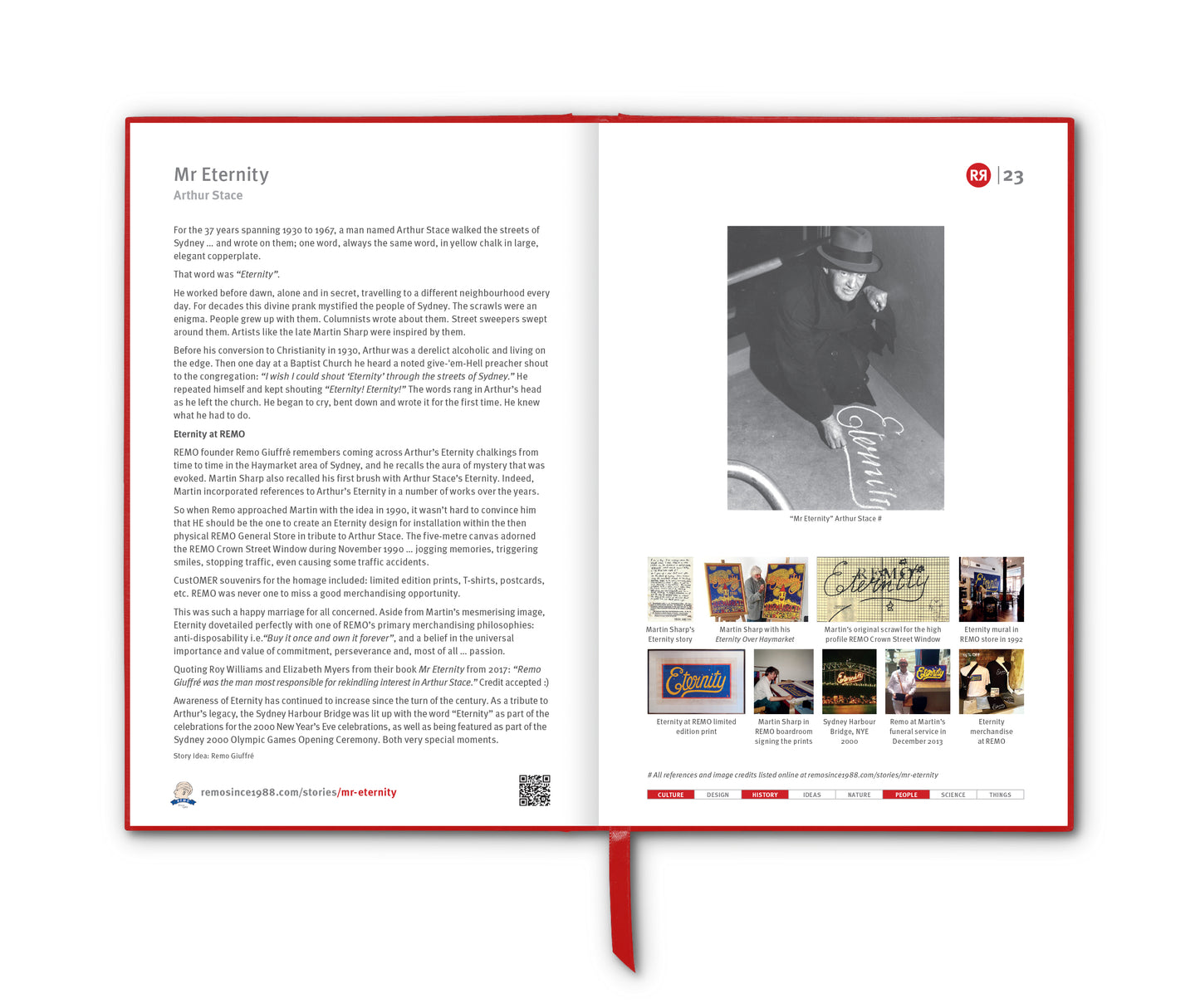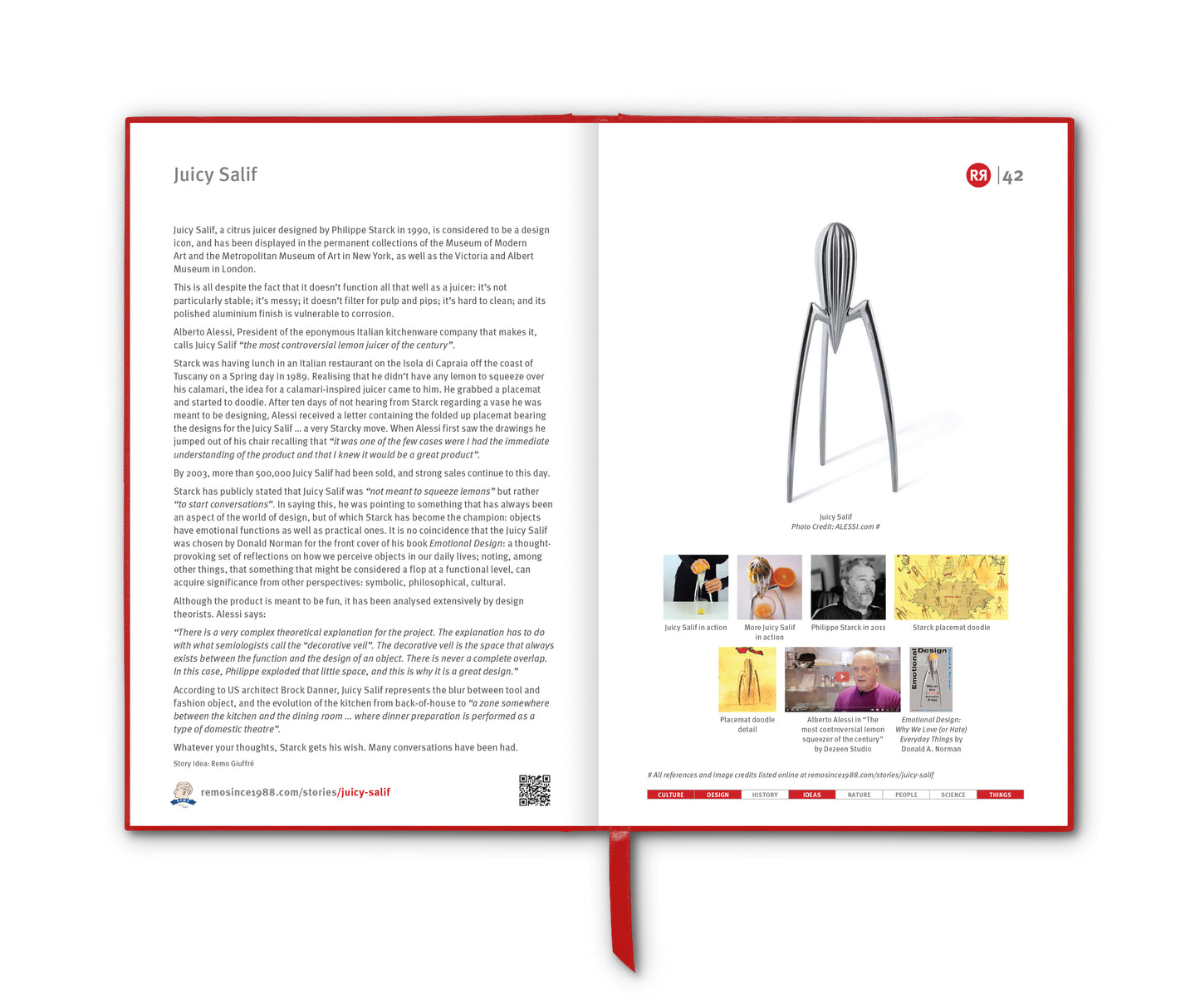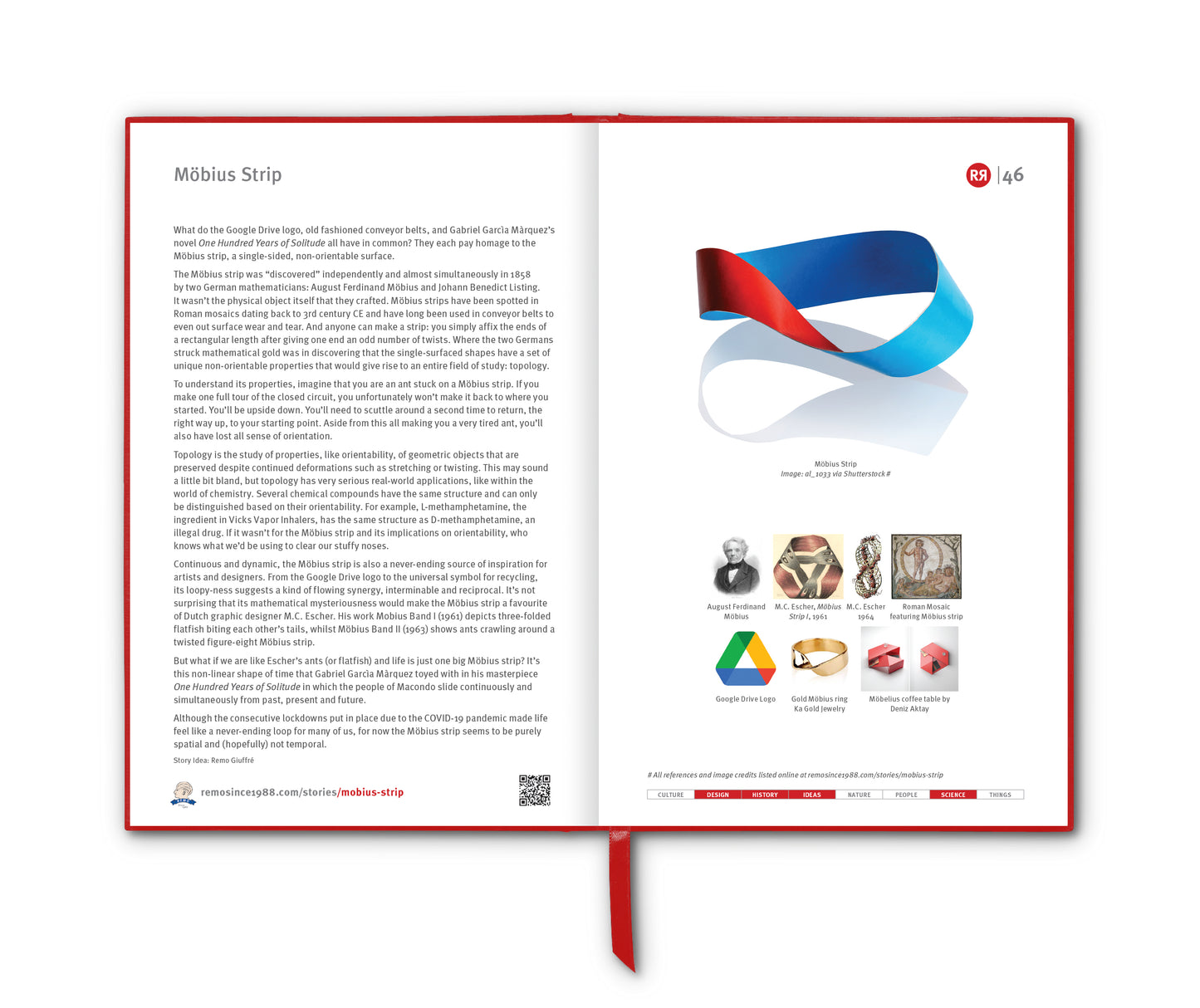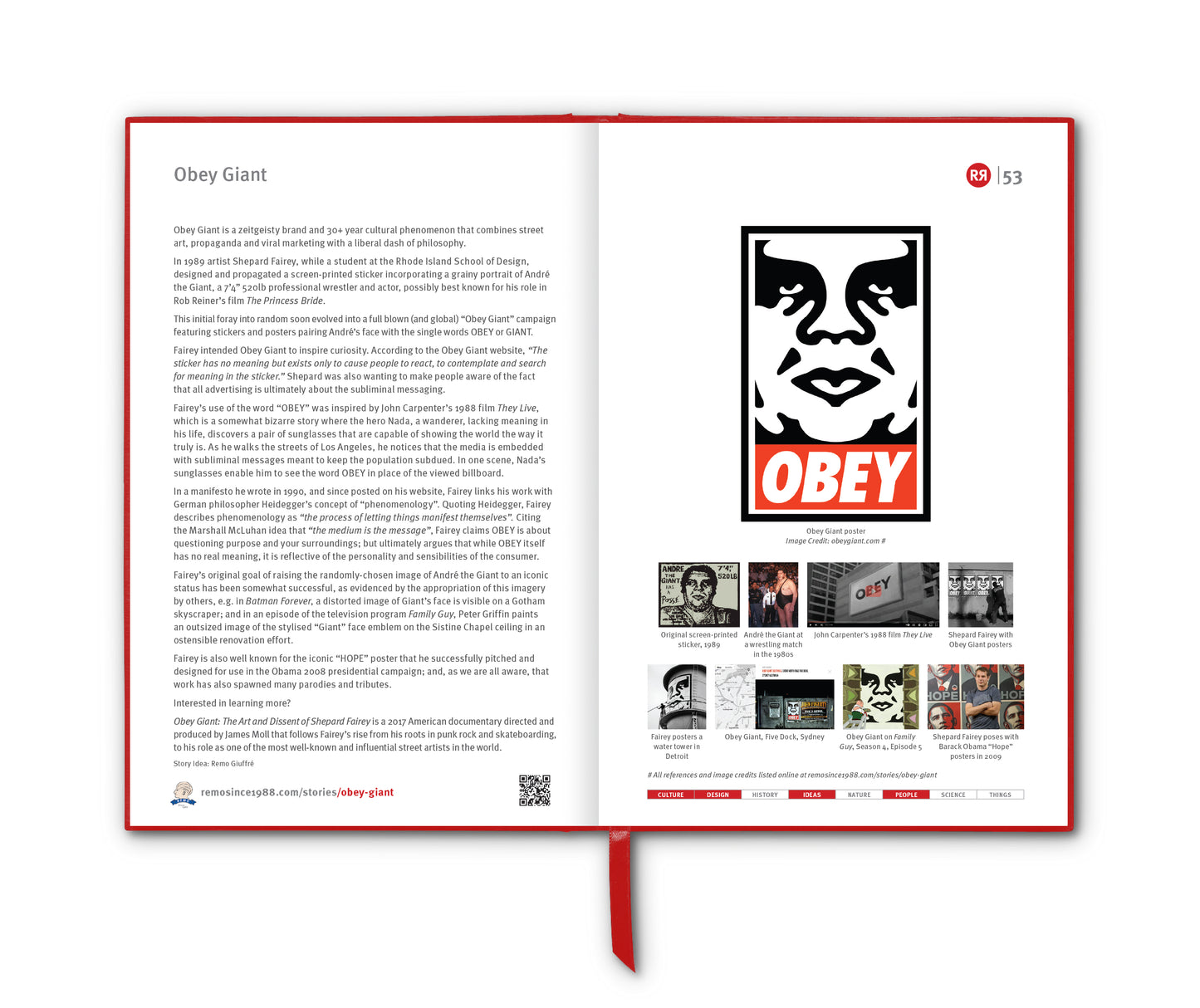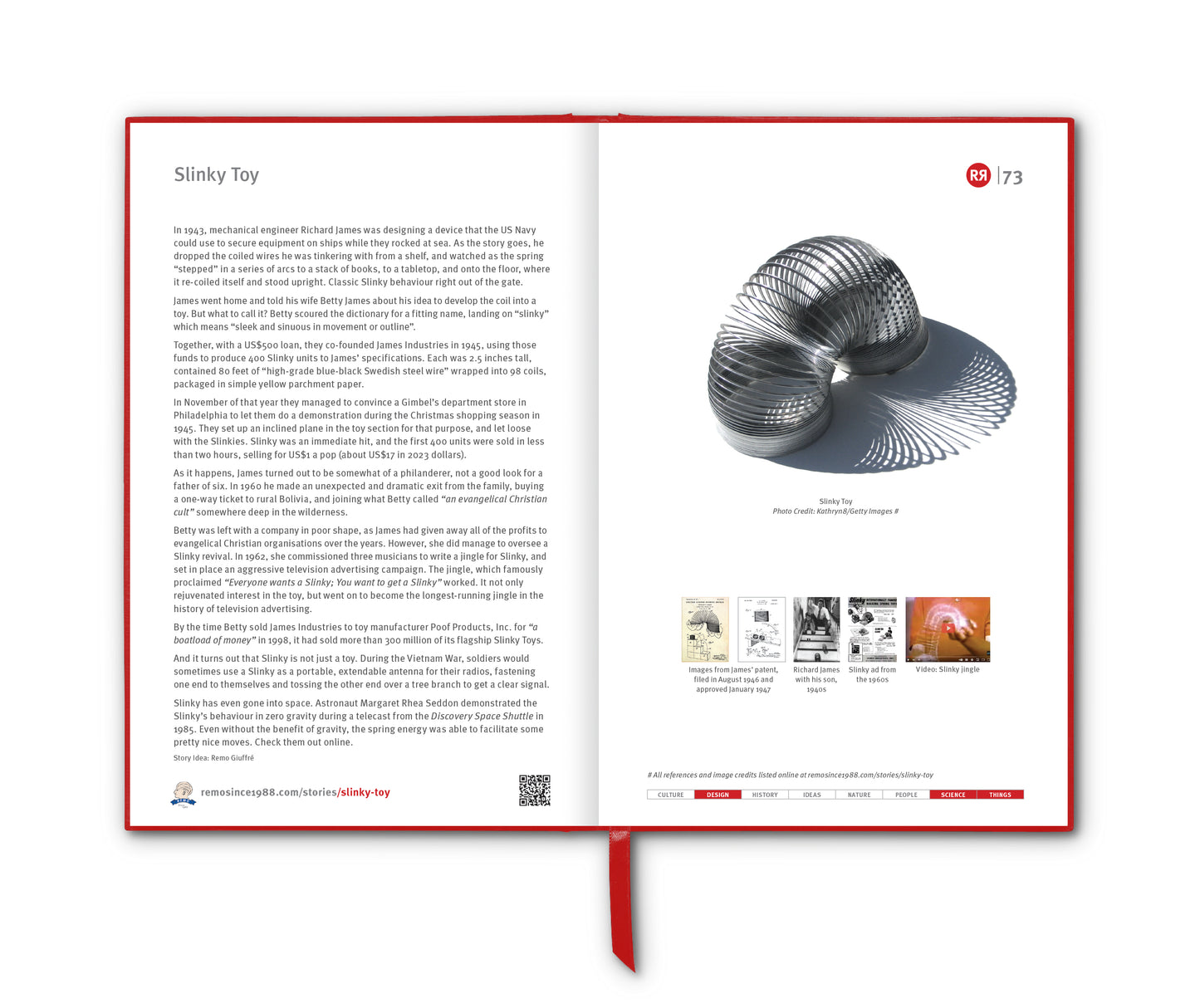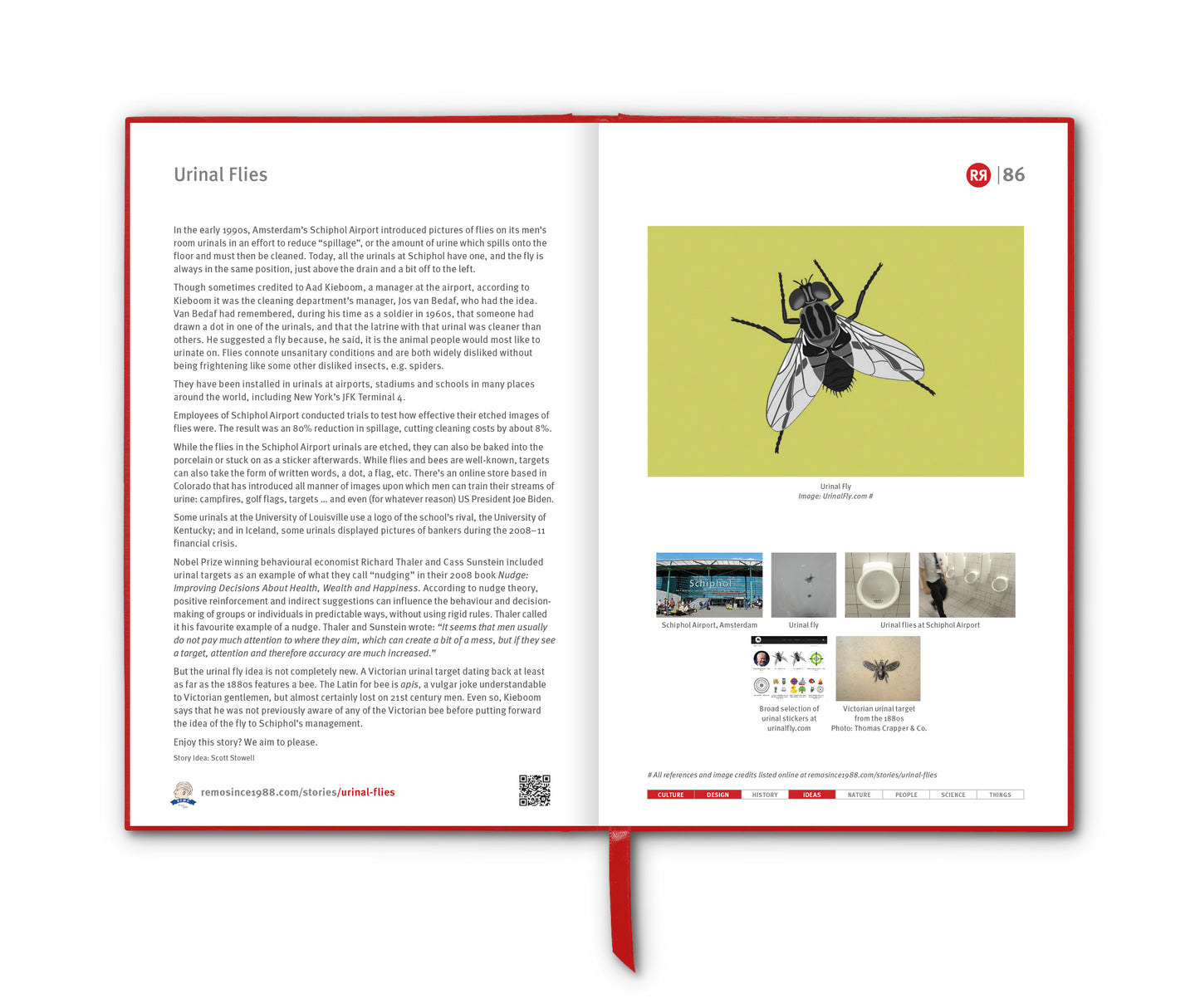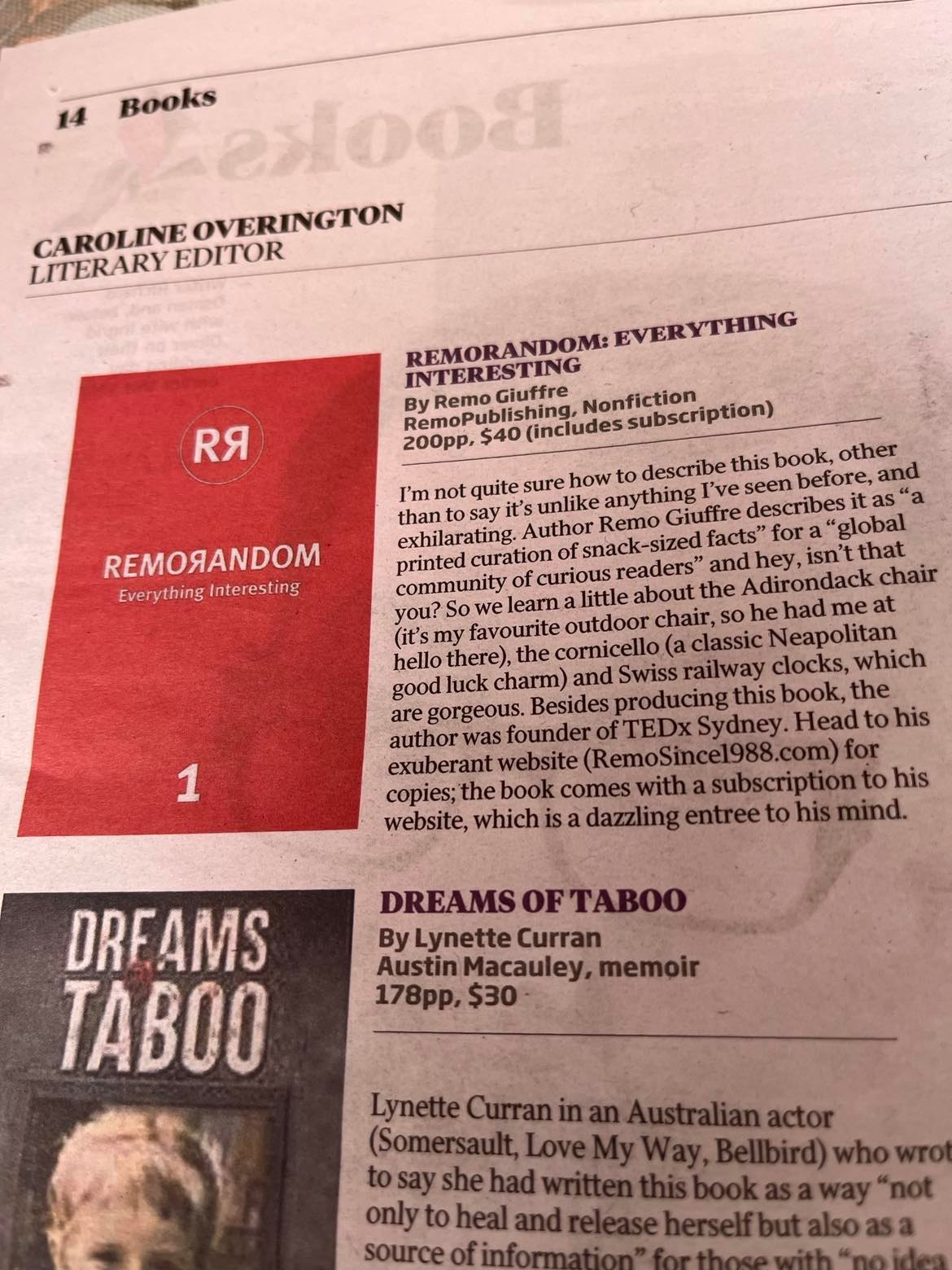The sunk cost fallacy describes the human tendency to continue to pursue an endeavour that we have already committed to in terms of investing money, time or effort, even if those historical “sunk” costs are not recoverable. It’s a type of cognitive bias, a thinking error that makes us misinterpret information and affects the decisions we make.
It occurs because our emotions often cause us to deviate from rational decisions. Abandoning a project or a relationship or a boring movie or the declining value of an asset after committing to it and investing resources into it will likely cause negative feelings of guilt and wastefulness. Since we want to avoid negative feelings of loss, we are likely to follow through on a decision that we have invested in, even if it is not in our best interest.
Psychologists Amos Tversky and Daniel Kahneman first coined the idea of cognitive bias in 1972, laying the foundation for published research into the sunk cost fallacy by American economist Richard Thaler in 1980.
Only prospective (future) costs are relevant to a rational decision. At any moment in time, the best thing to do depends only on current alternatives. The only things that matter are the future consequences. Past mistakes are irrelevant. Any costs incurred prior to making the decision have already been incurred no matter what decision is made. It’s “water under the bridge”.
Some examples where sunk costs may adversely influence the making of good decisions:
- Should I attend the concert even though the weather is bad and I’m feeling sick?
- Should I walk out of this really boring movie?
- Should I hold or sell those shares that keep dropping in value?
- Should I stay in this long term relationship?
- Should I complete the renovation of my home or build from scratch somewhere else?
- Should we continue with this war that has already killed so many?
- Should I keep waiting for the already-very-late bus?
- Should I keep eating this paid for meal even though I’m no longer hungry?
The sunk cost fallacy is also sometimes referred to as the "Concorde fallacy” deriving from the fact that the British and French governments continued to fund the joint development of that costly supersonic airplane even after it became apparent that there was no longer an economic case for the aircraft. Political and legal issues made it impossible for either government to pull out. Ultimately, this led to millions of dollars wasted, and the Concorde operated for less than 30 years.
Luckily, the sunk cost fallacy isn’t a done deal. Just being aware of the sunk cost fallacy is a great first step to avoid its pull. So if you’ve read this far, you’re already less likely to make irrational decisions. (Ed: You're welcome.] That’s because when you understand how the sunk cost fallacy works and the different psychological factors that feed into it, you can check yourself for cognitive biases each time you make a decision. Also, in the case of the sunk cost fallacy, research has shown that being wise counts more than being smart. Good news for you wise people.
Finally, reducing the impact of the sunk cost fallacy may be facilitated by the use of AI machine learning tools, e.g. artificial intelligence tools can help us to determine when a project is worth giving up and when it is worth pursuing. Not influenced by emotion, AI can accurately predict what strategies will likely work and what should be abandoned.
Sometimes the robots do know better.
Story Idea: Remo Giuffré
____________________________
References
wikipedia.org/wiki/Sunk_cost
thedecisionlab.com/biases/the-sunk-cost-fallacy
hbr.org/2021/07/how-susceptible-are-you-to-the-sunk-cost-fallacy
sciencedirect.com/science/article/abs/pii/0167268180900517?via%3Dihub
asana.com/resources/sunk-cost-fallacy
Images
1. Concorde
2. Richard Thaler won the Nobel Prize for behavioural economics in 2017
3. Some "costs" are more important than others. It depends on the decision. Credit: HBR.org
4. Should I walk out of the movie?
5. Should I stay in this relationship?
6. Should I complete the renovation or build?
7. Should I keep waiting for the bus? Photo by Johen Redman on Unsplash.
8. Should I keep eating this meal?


















